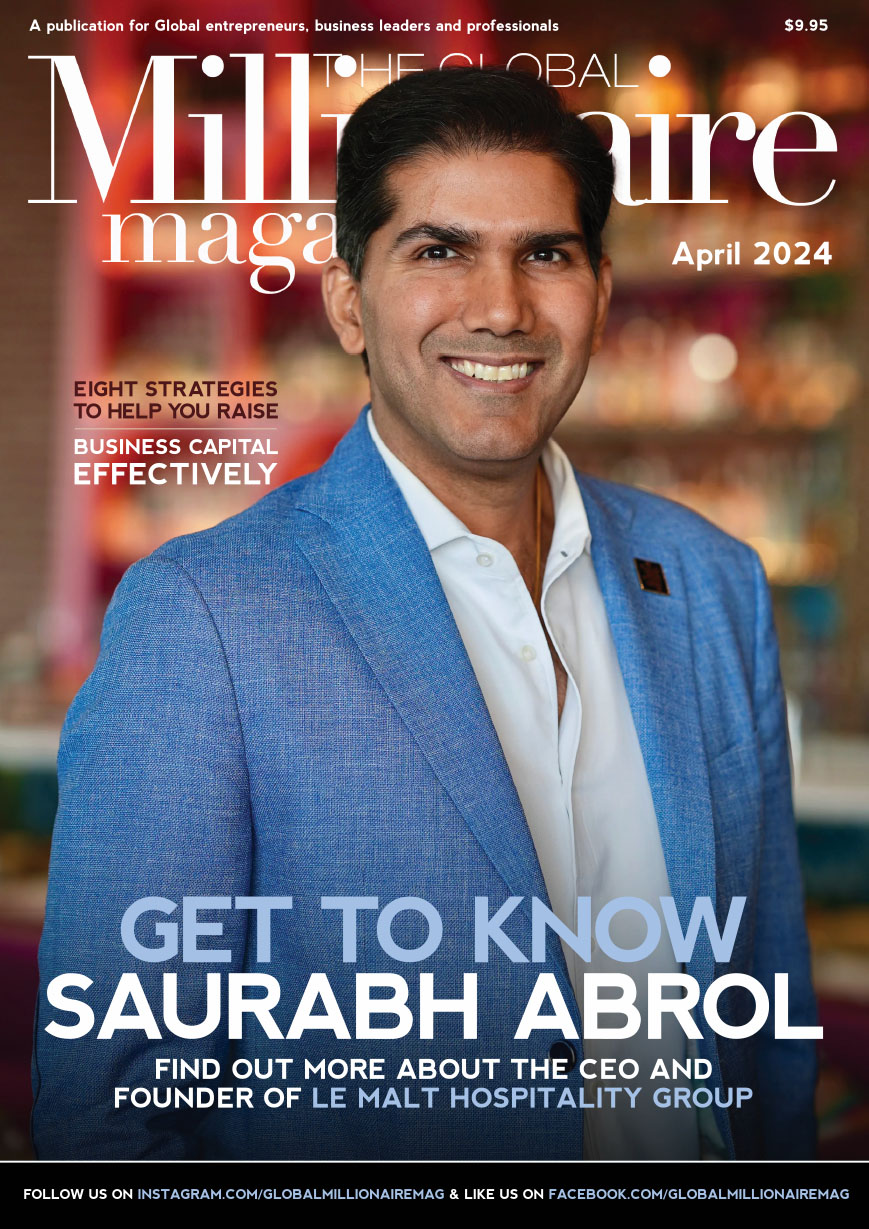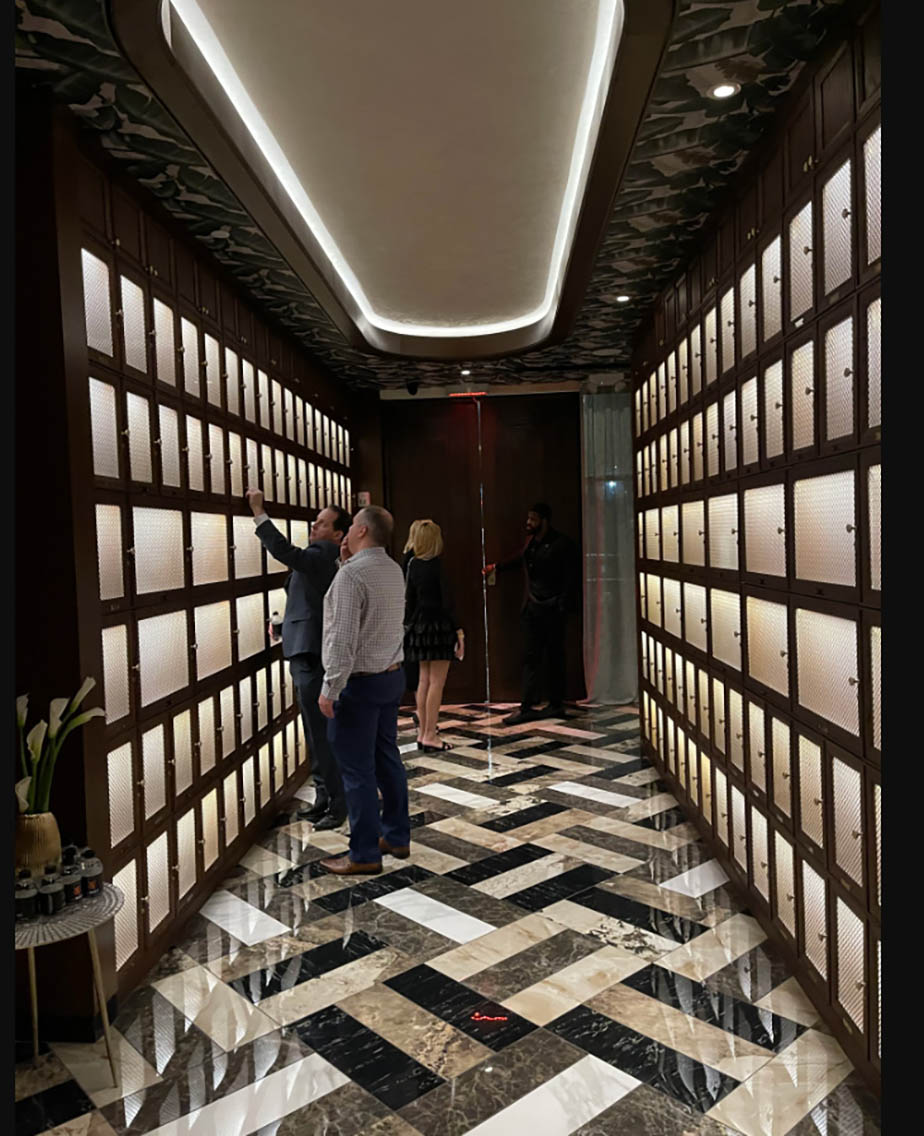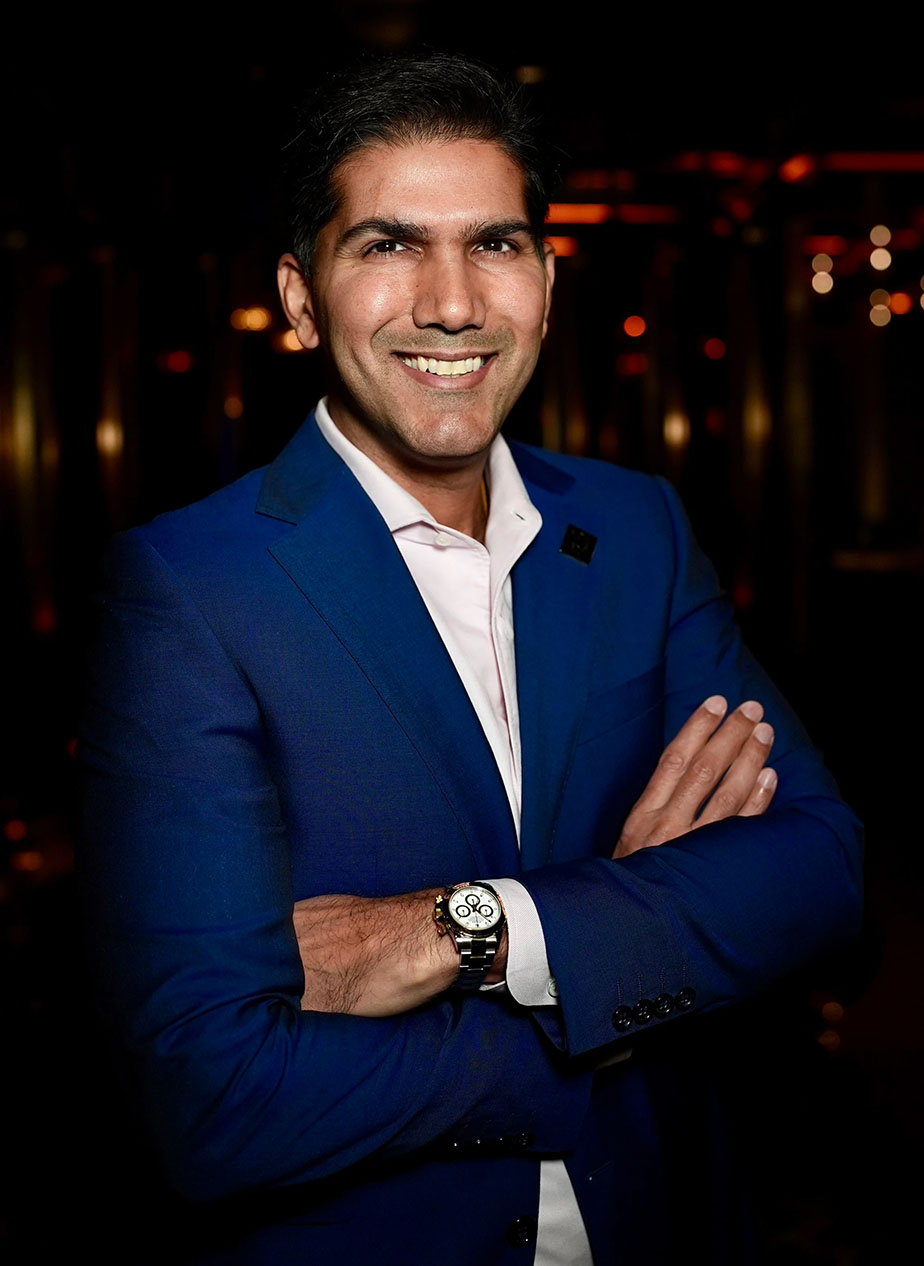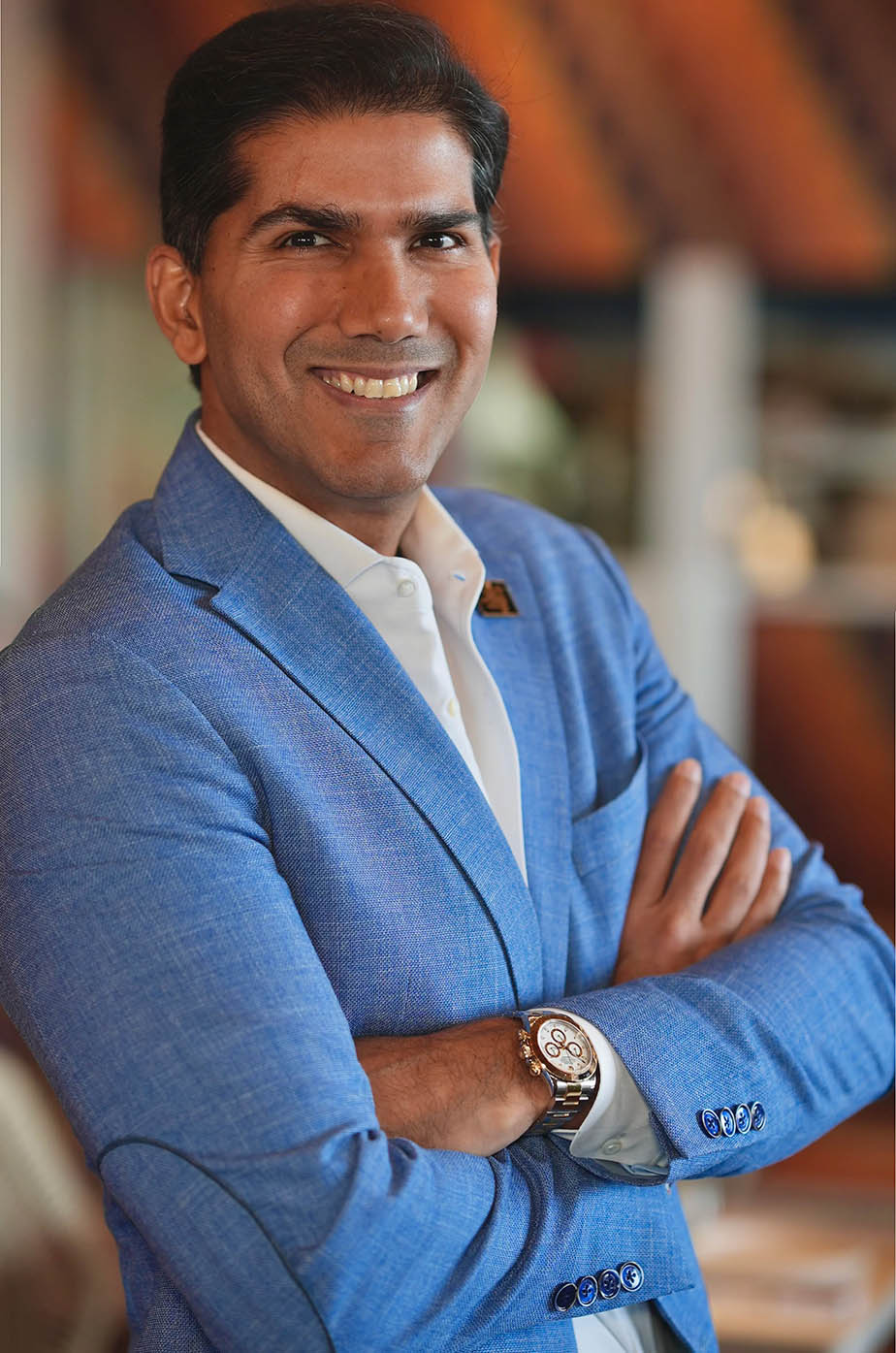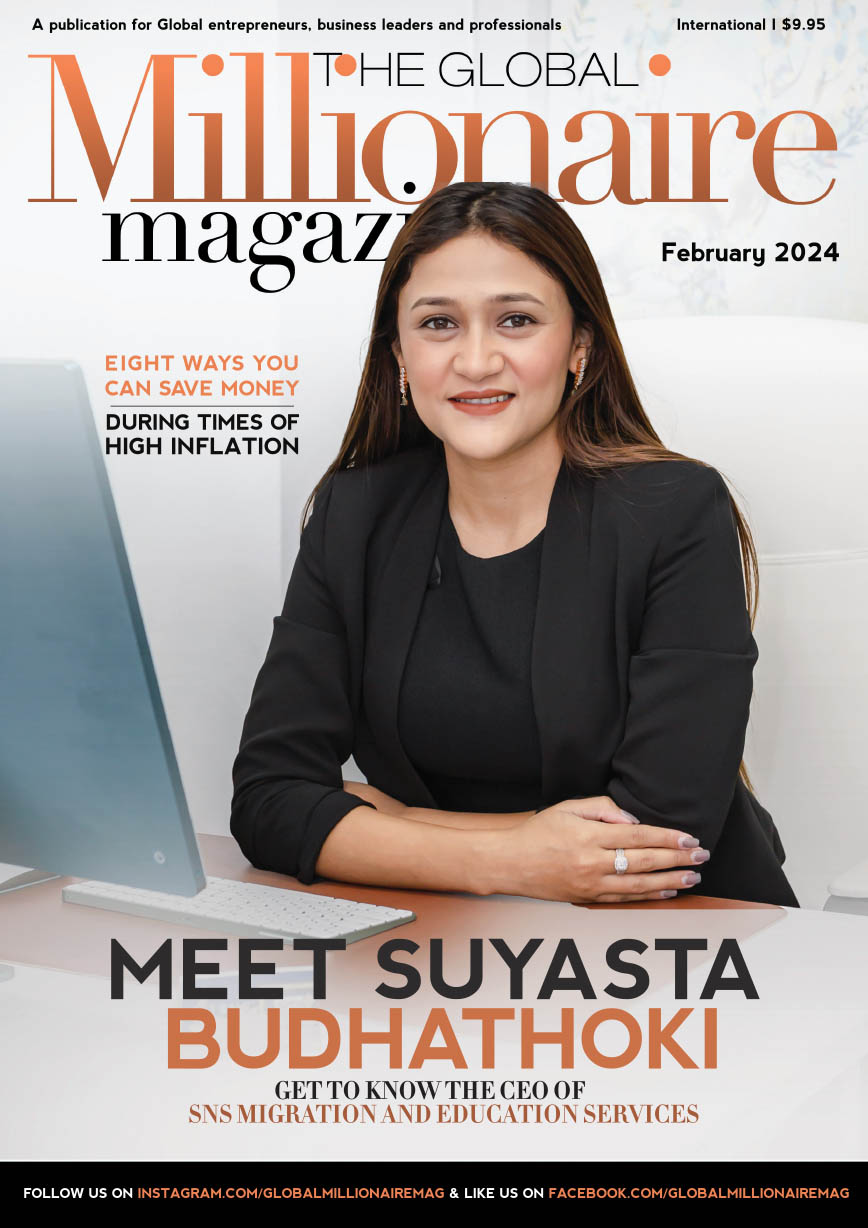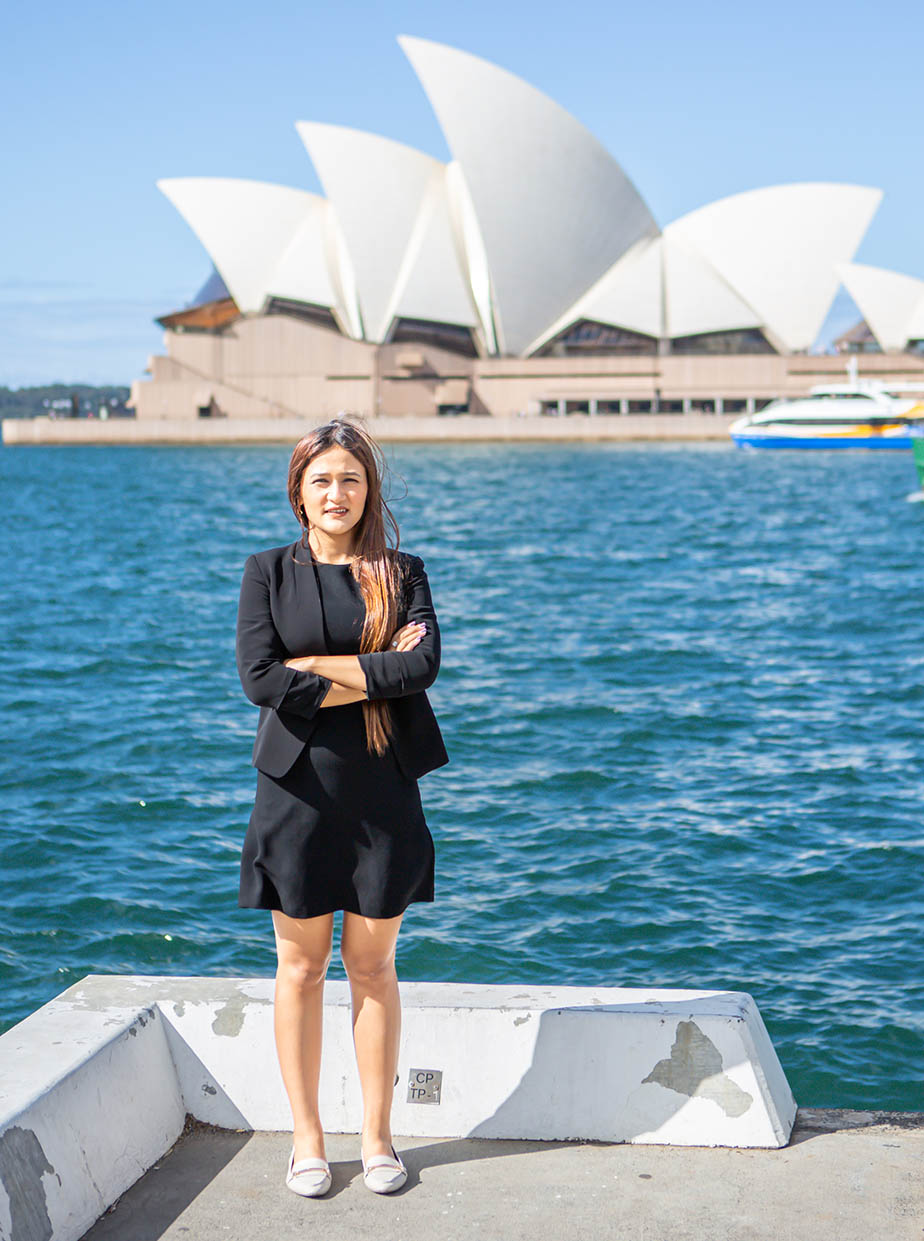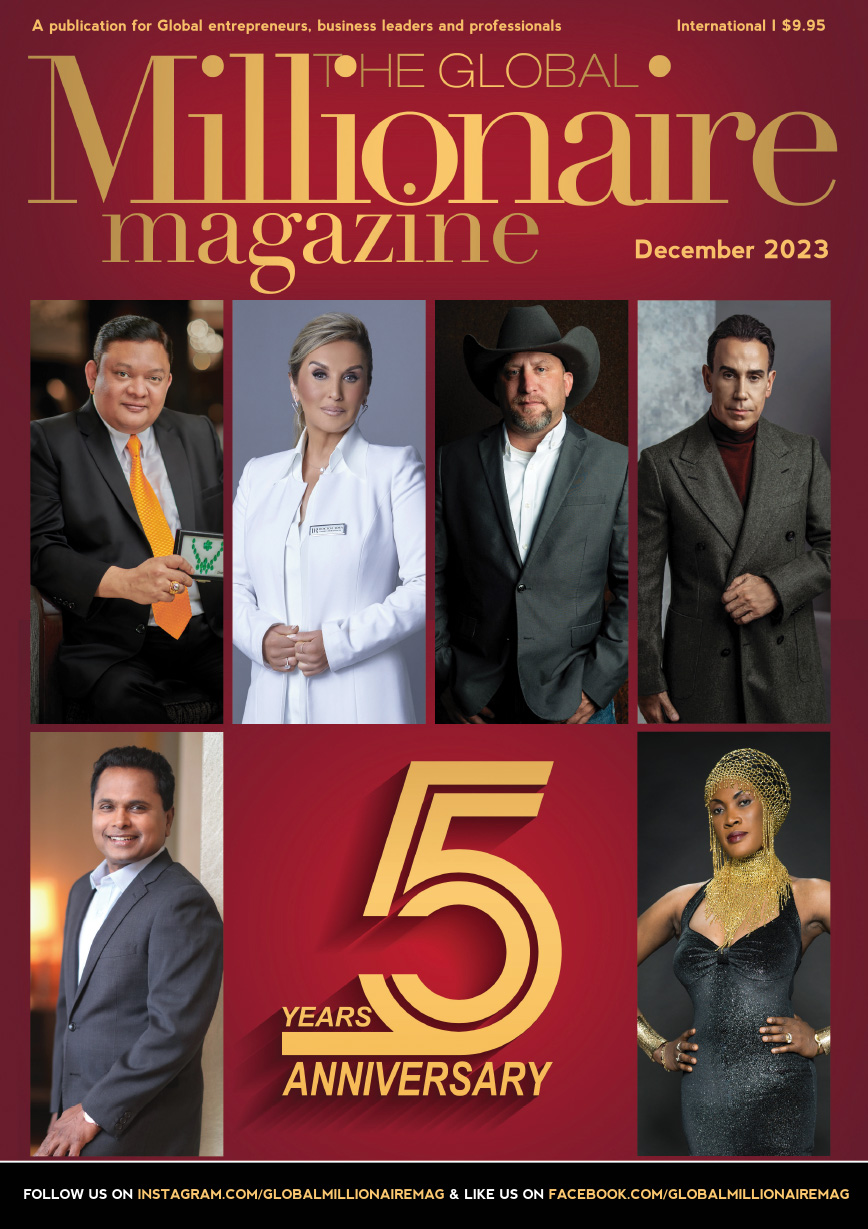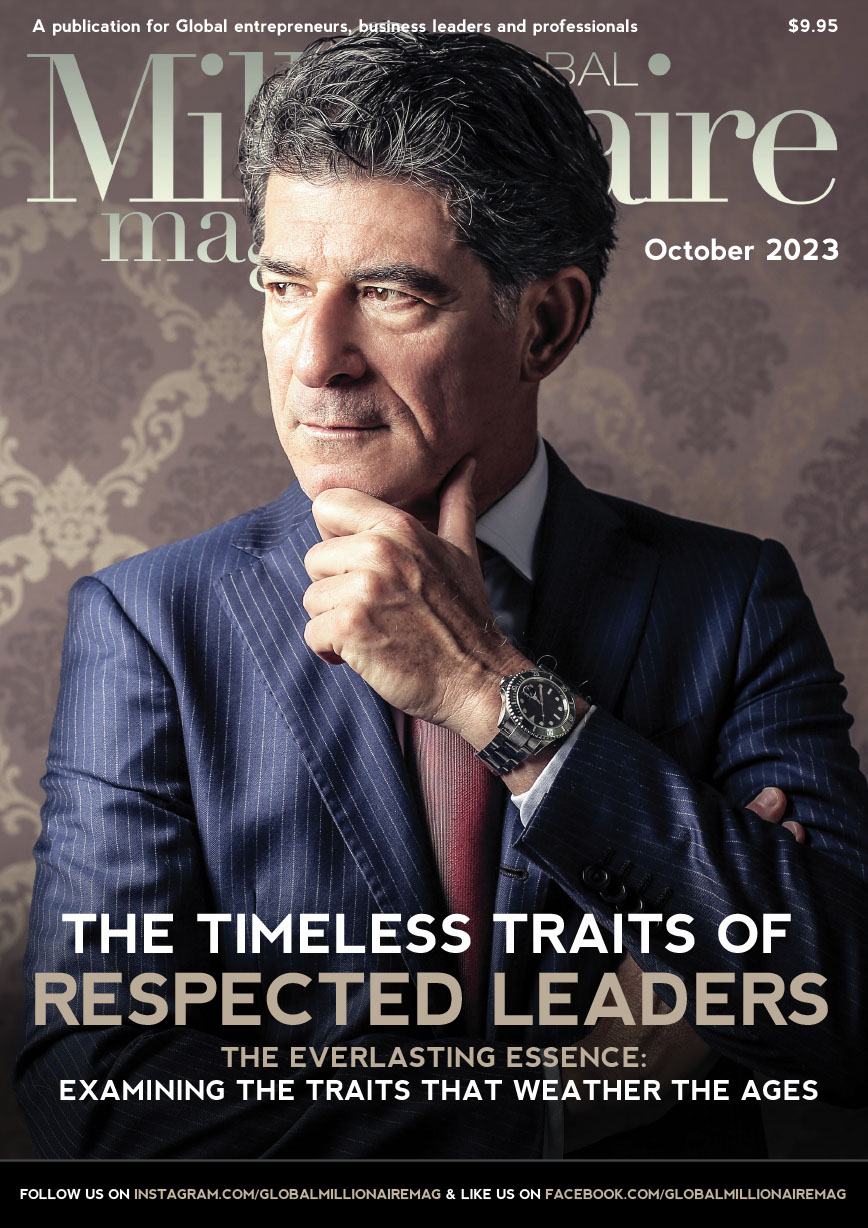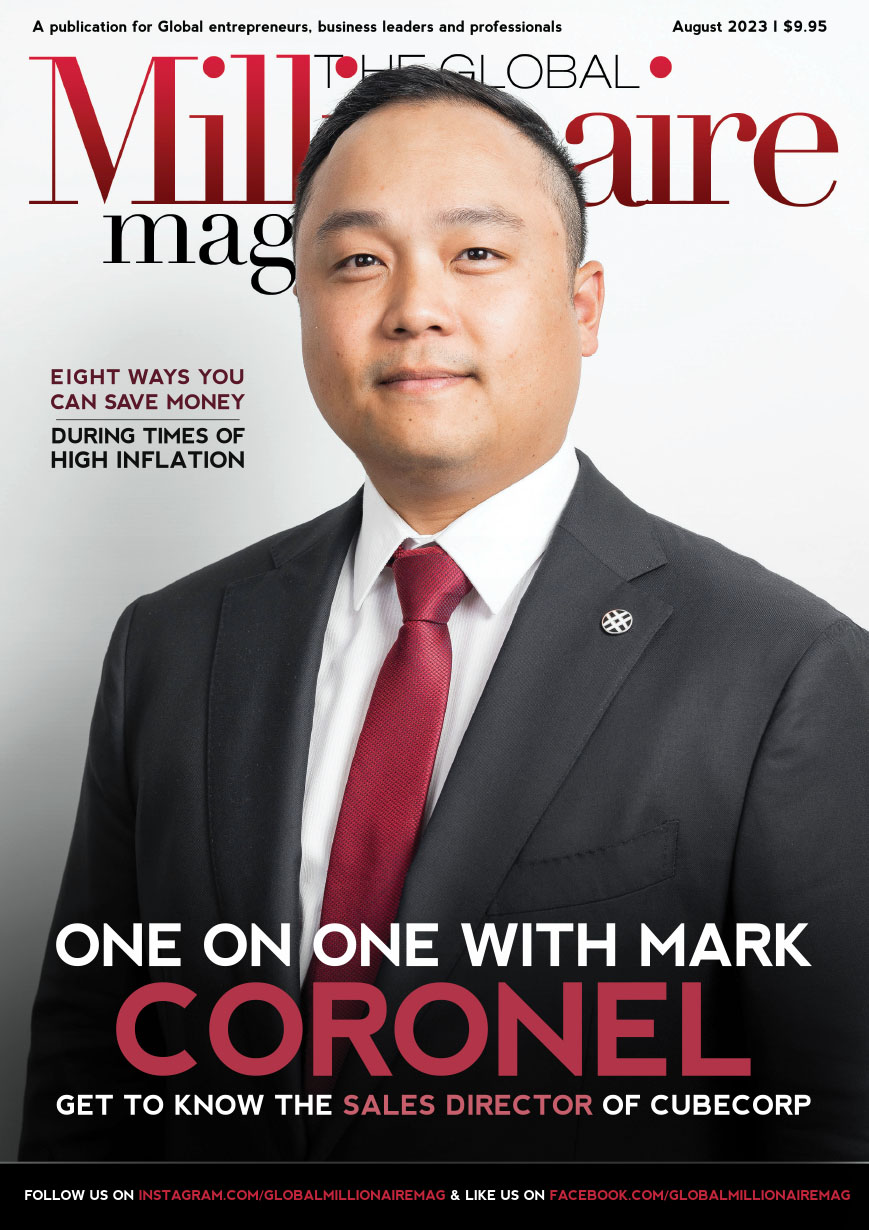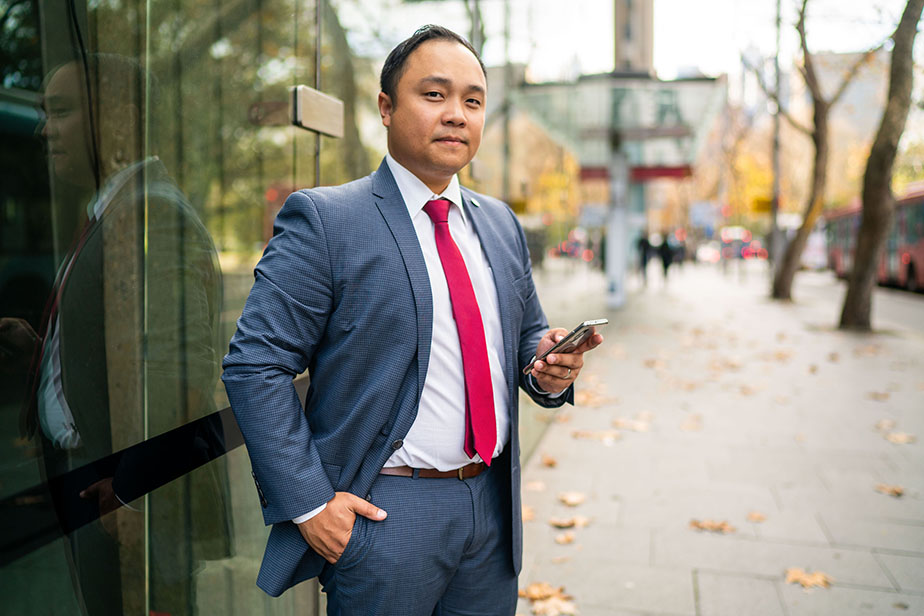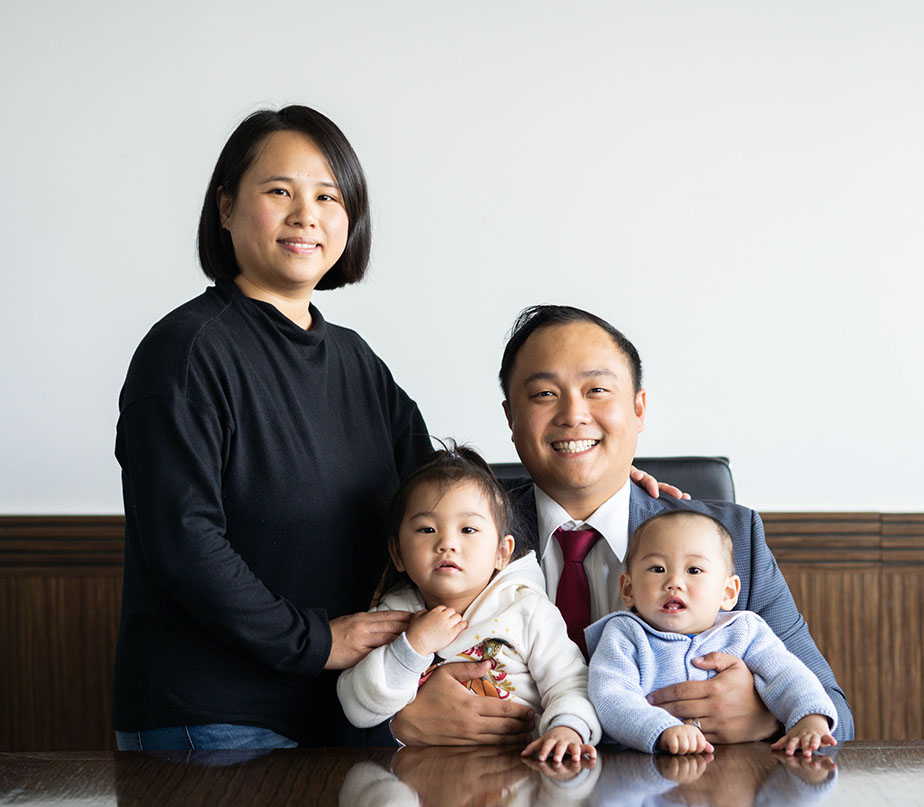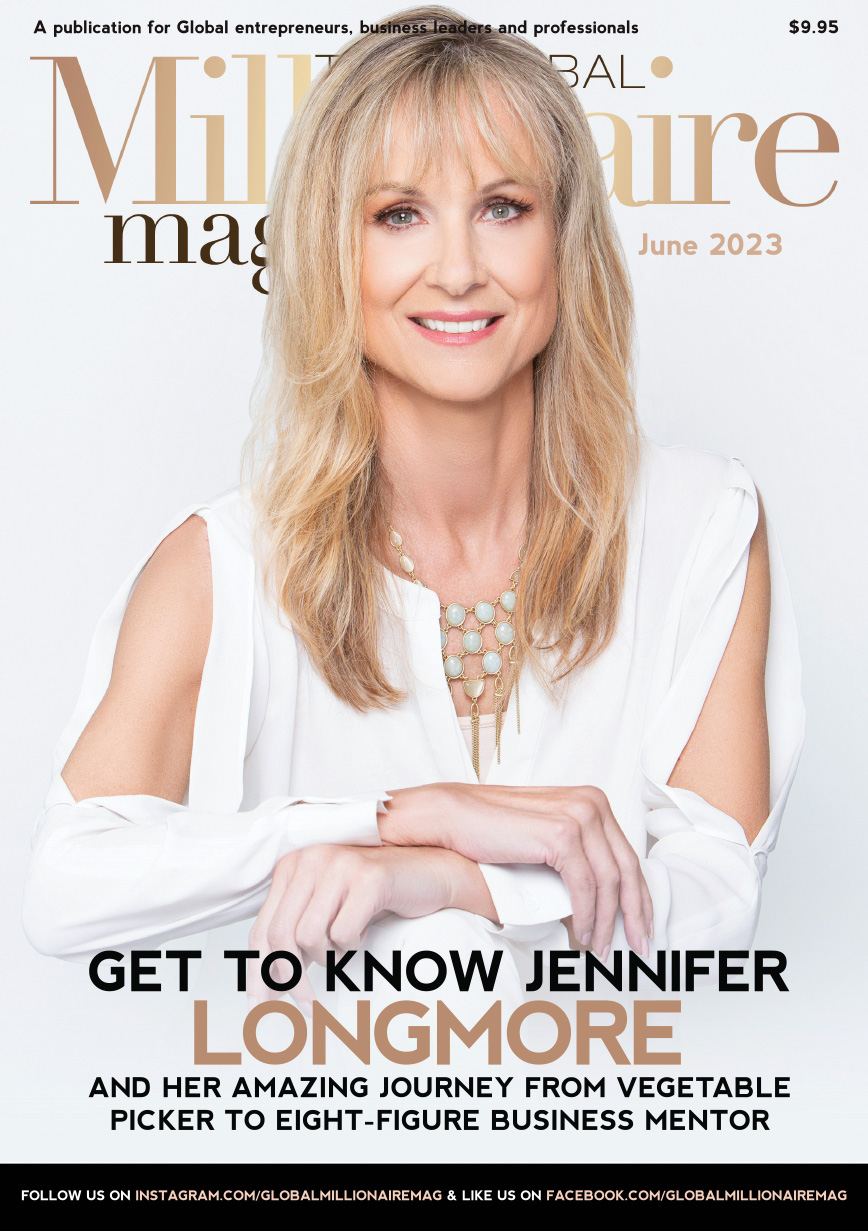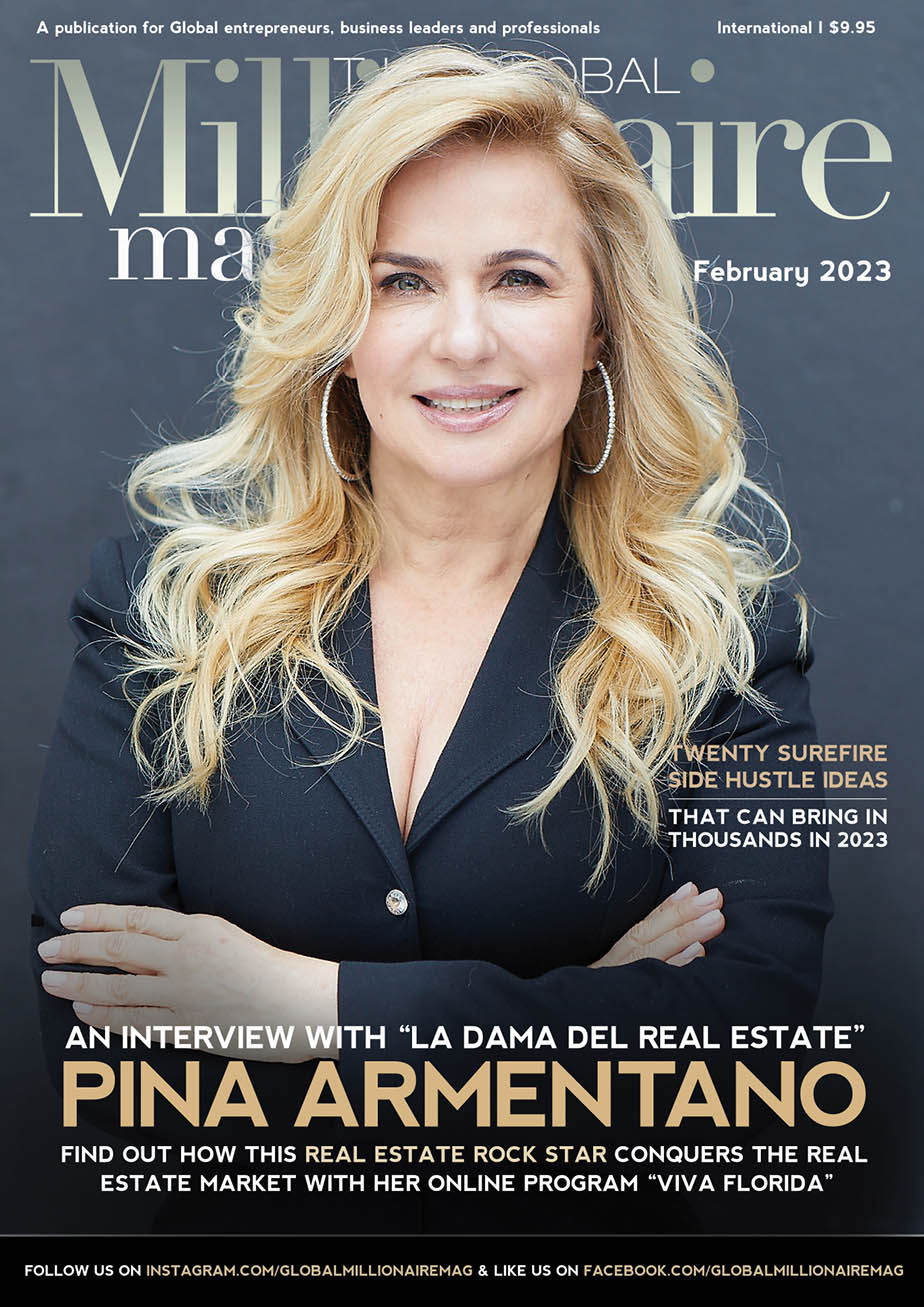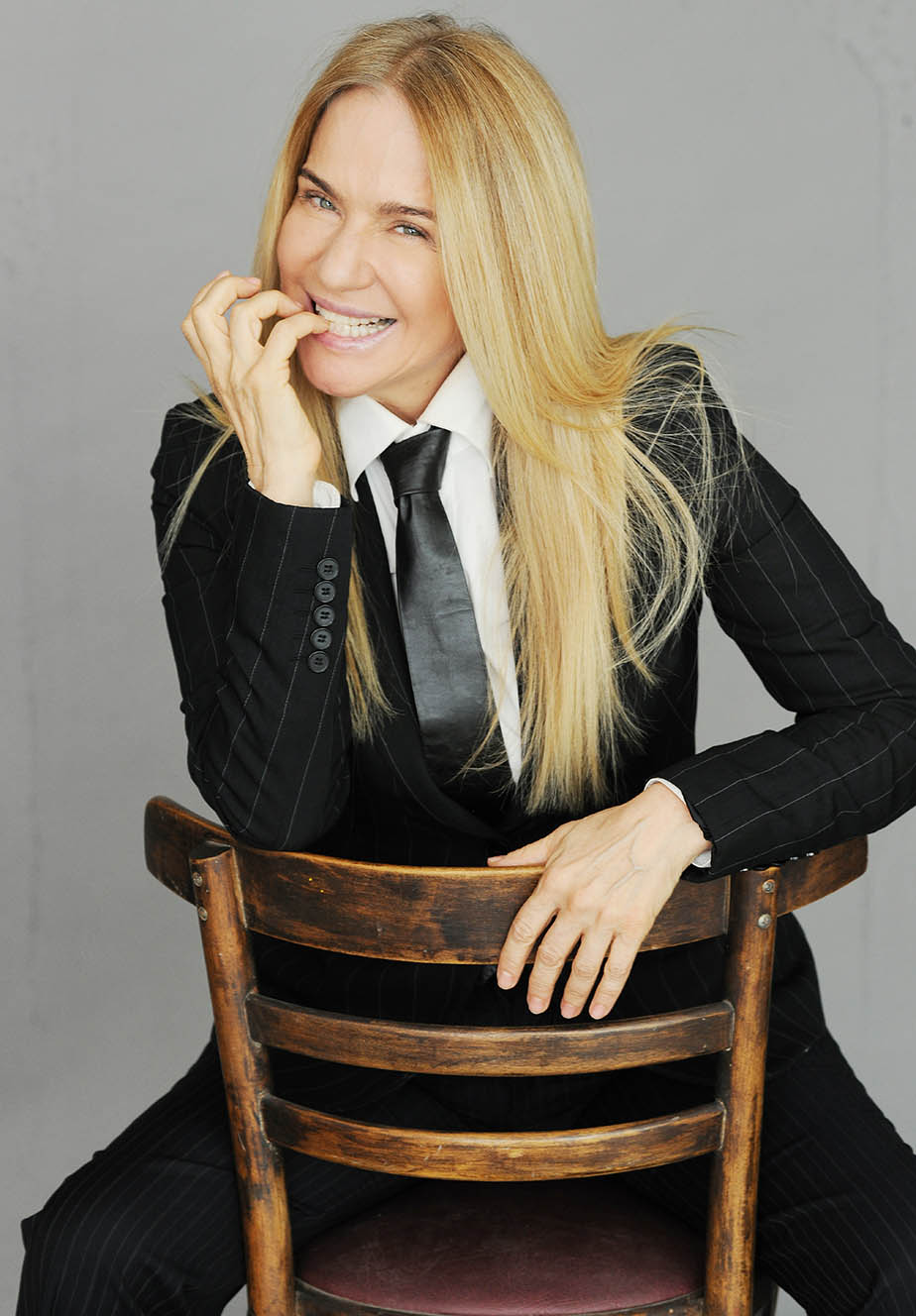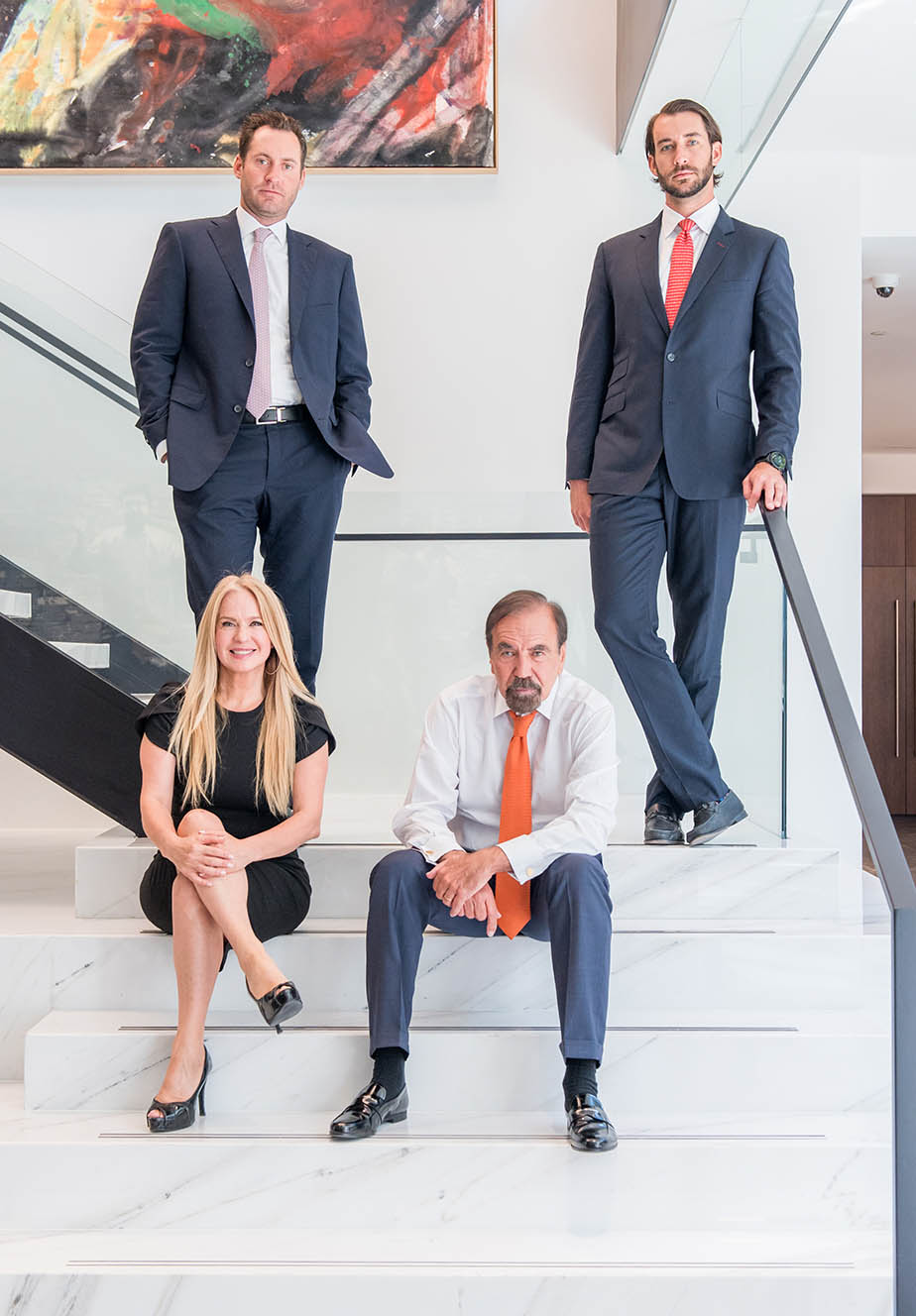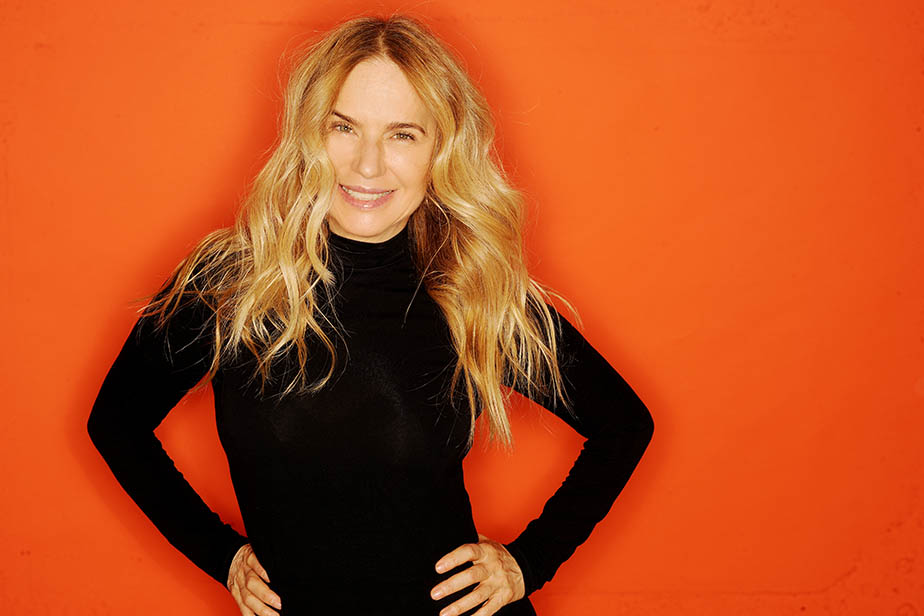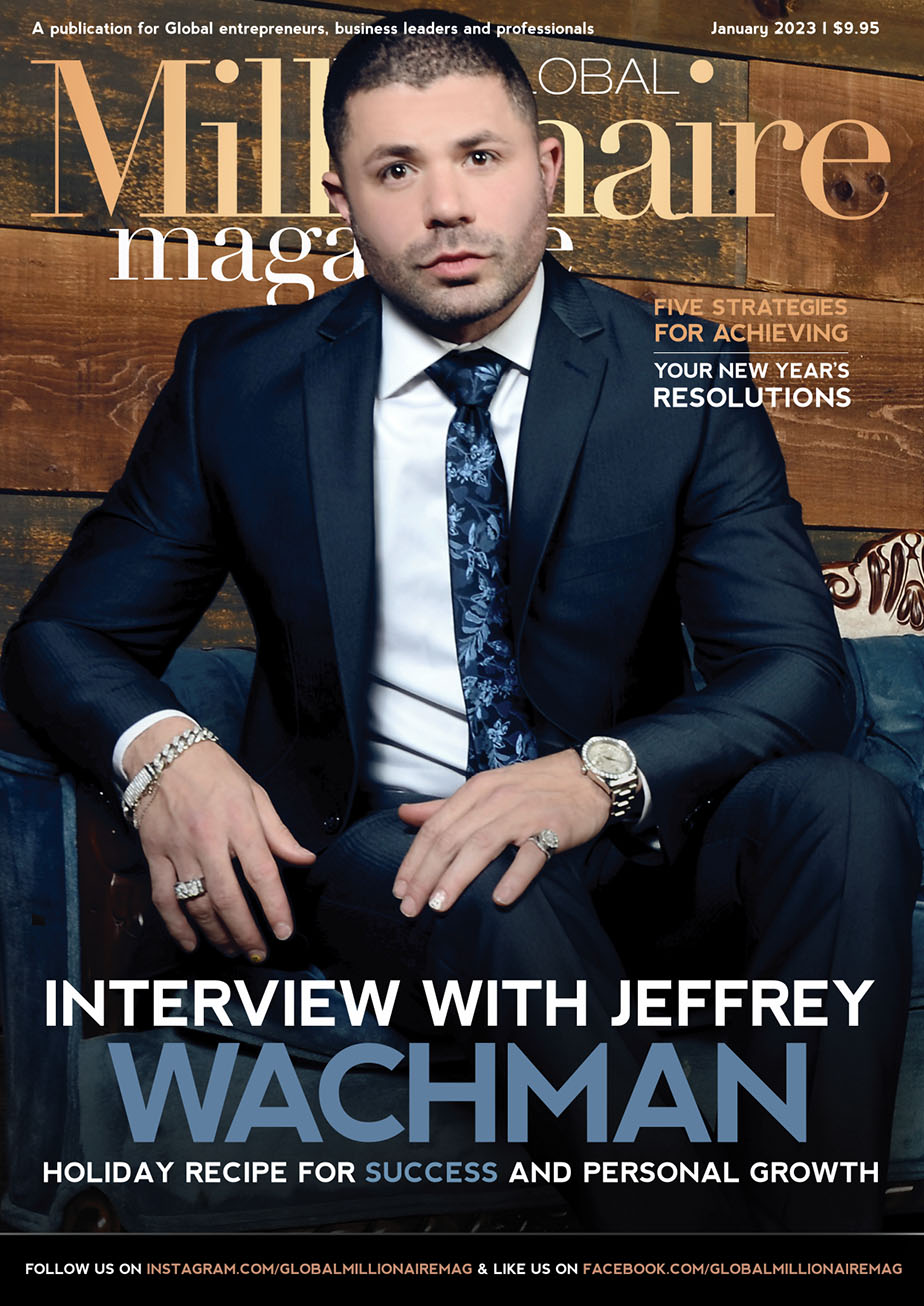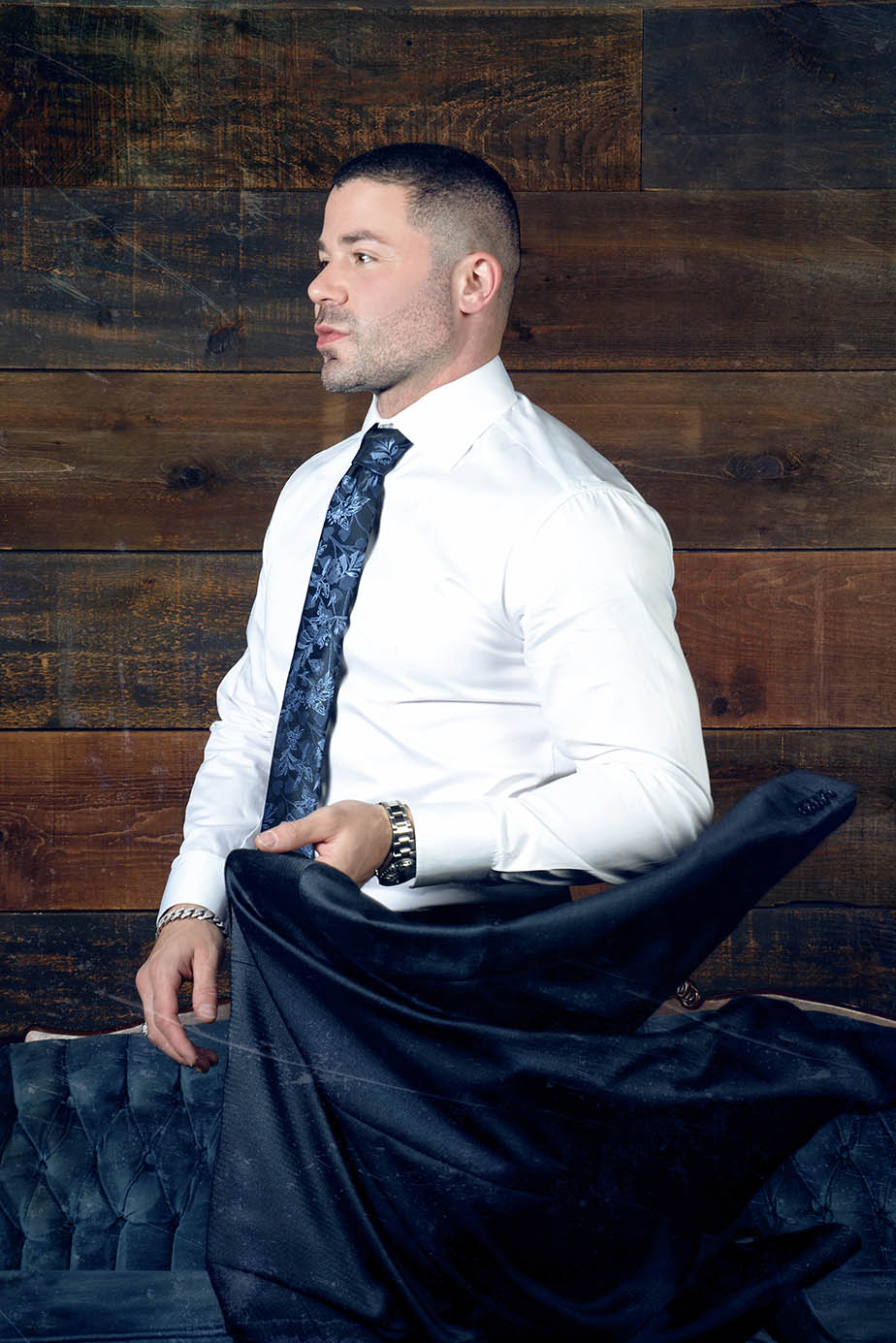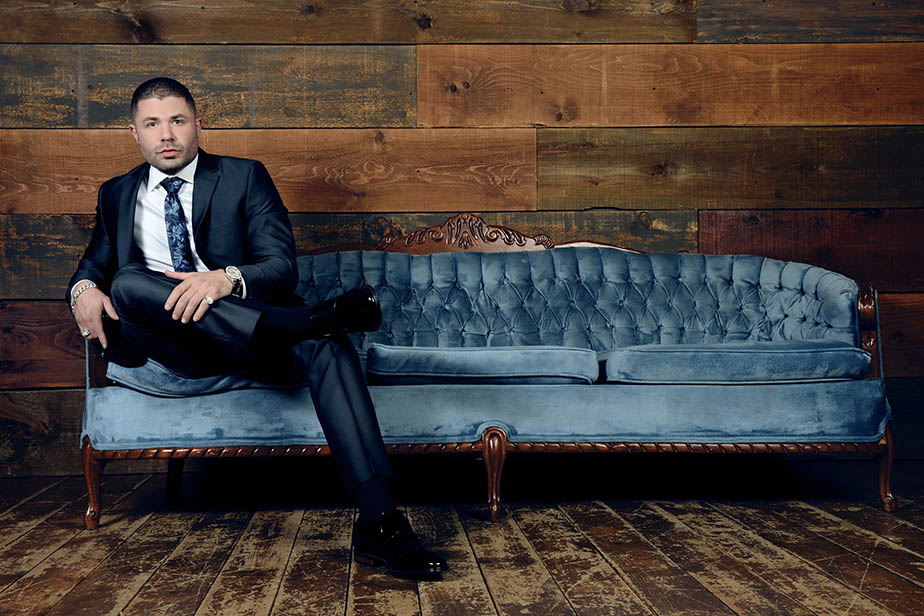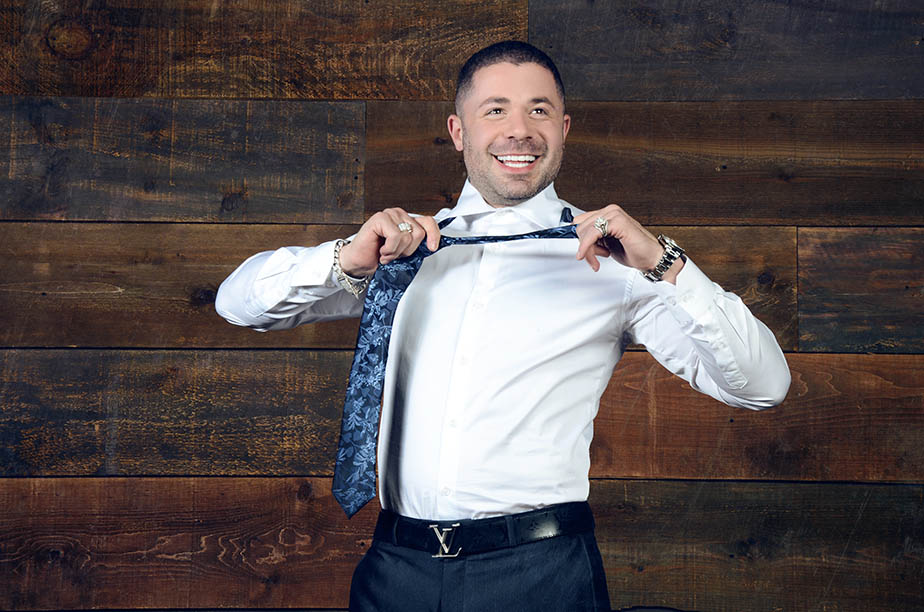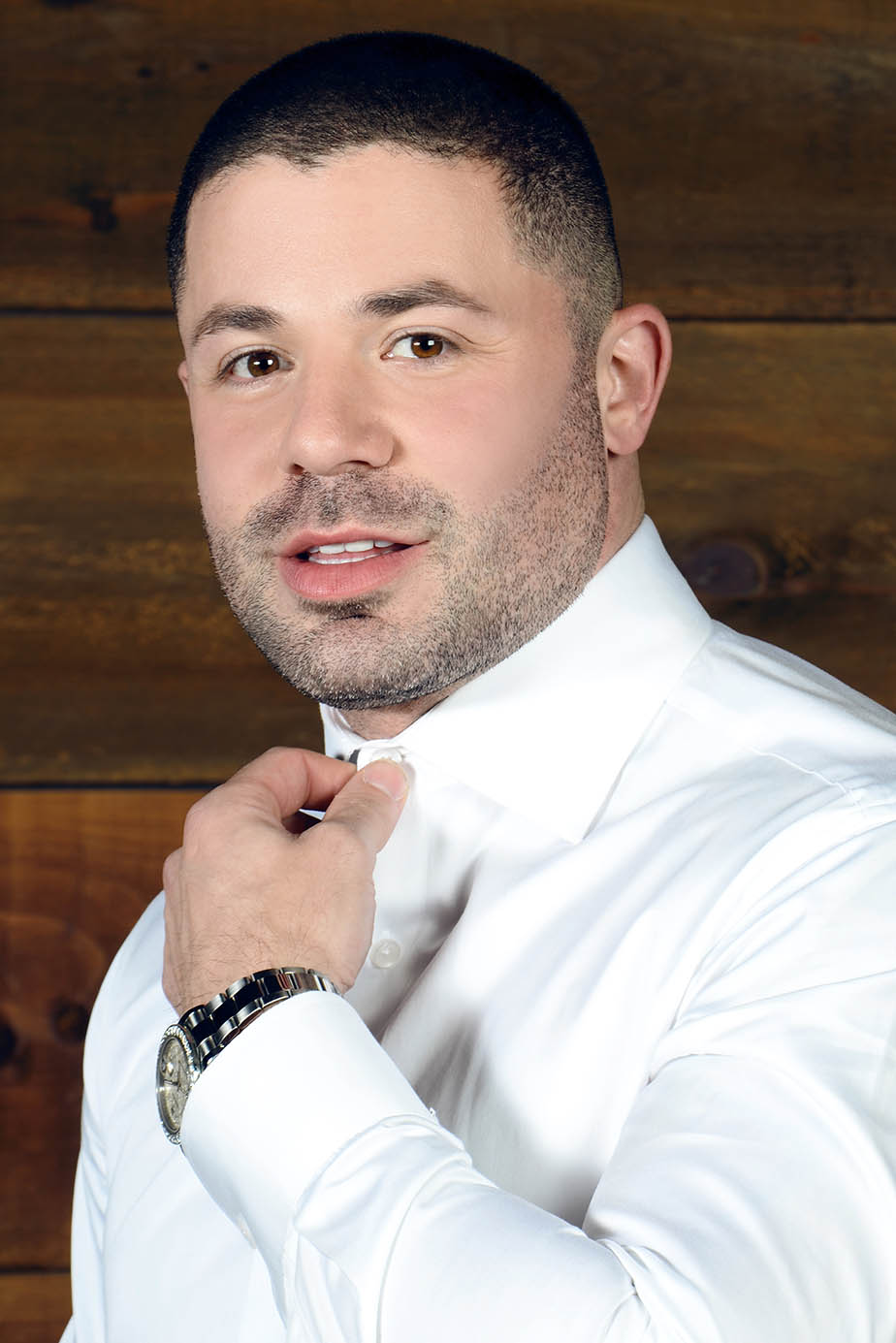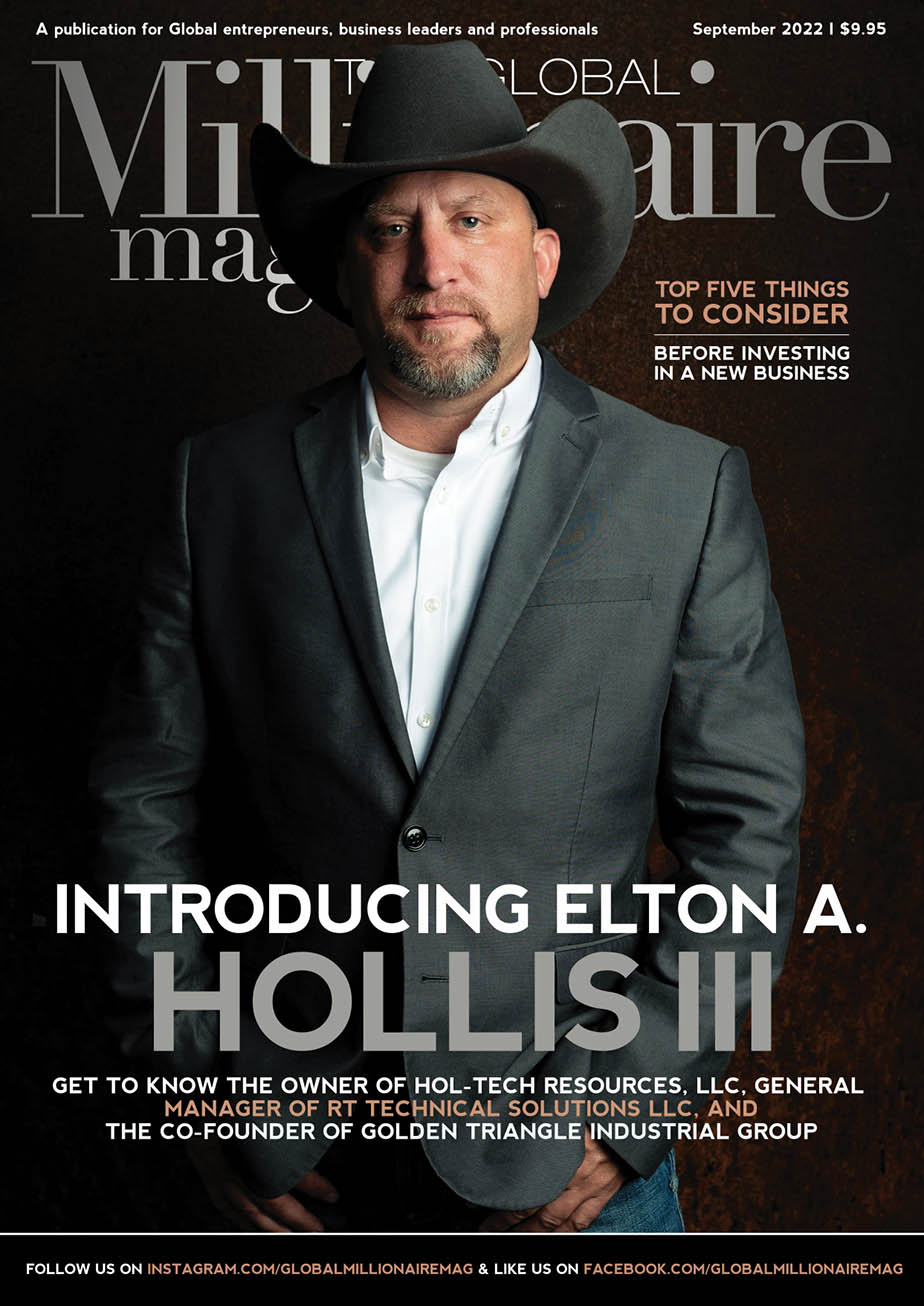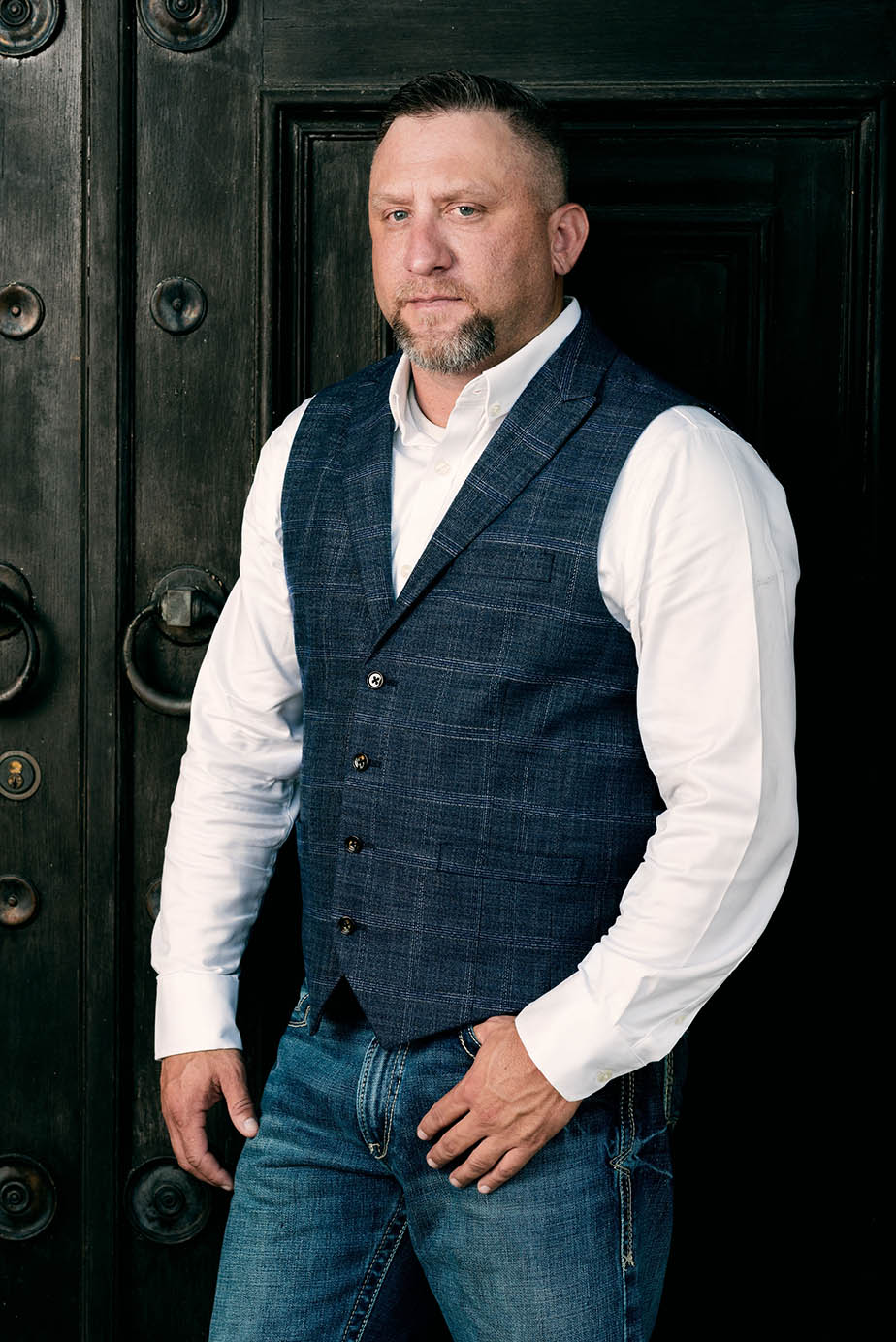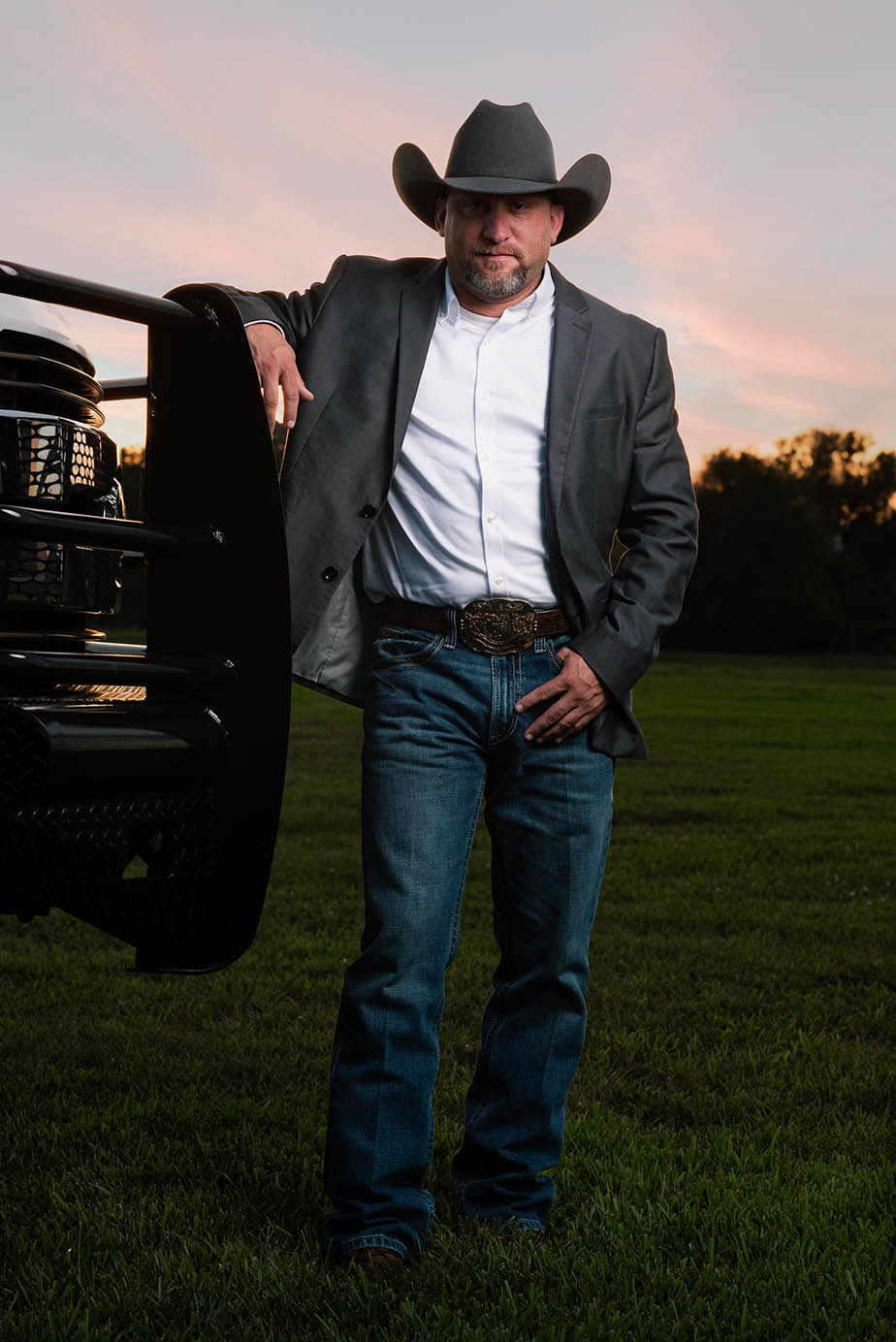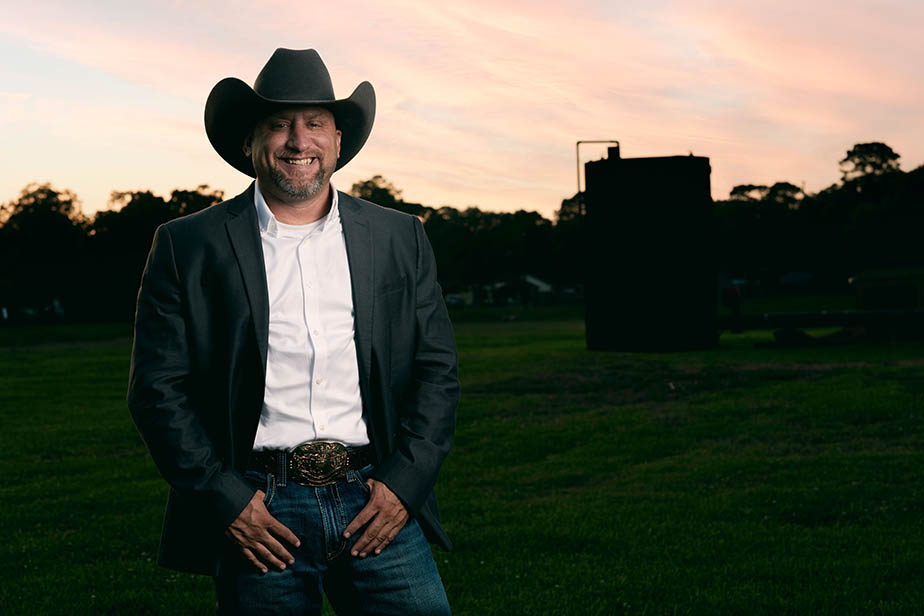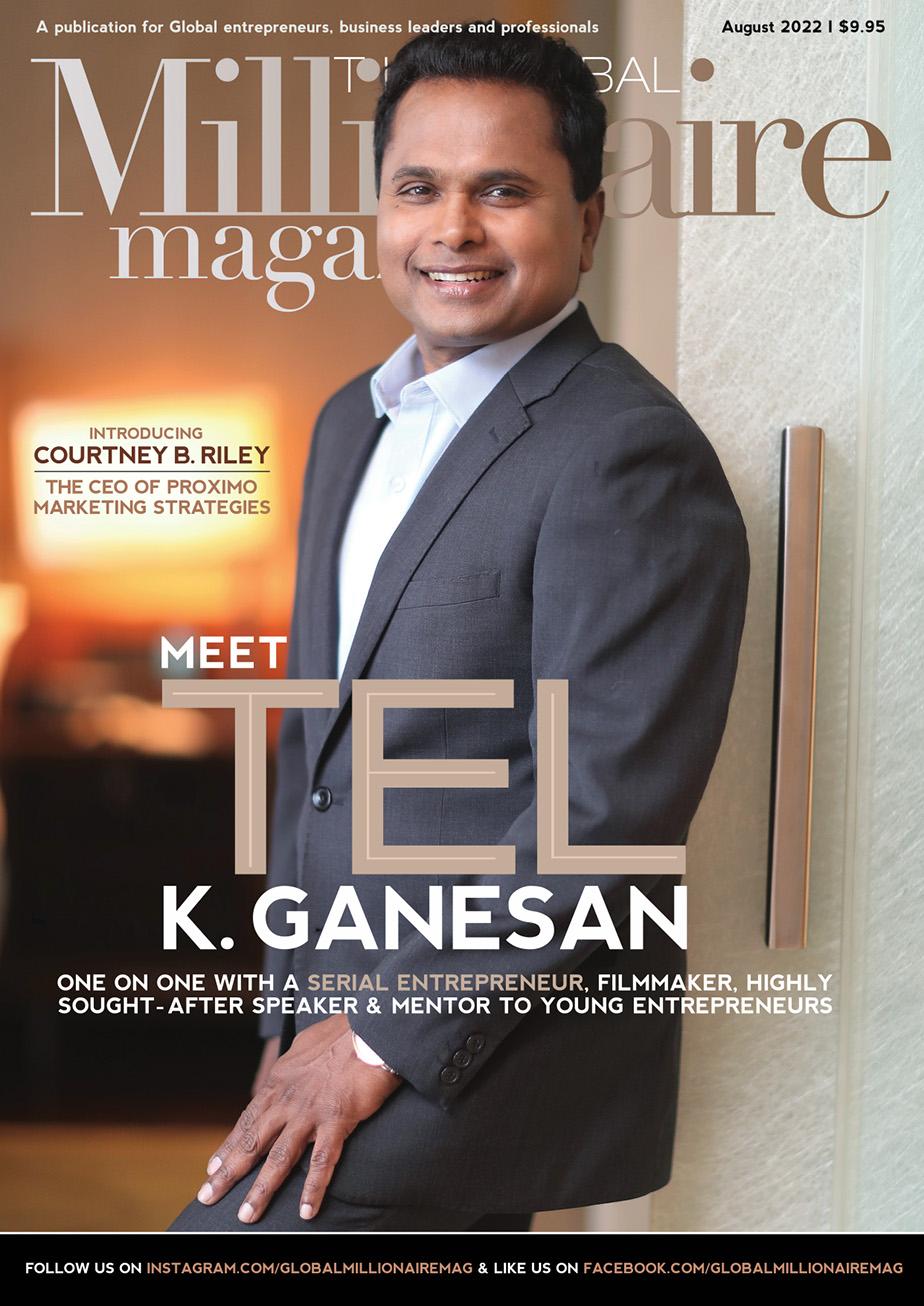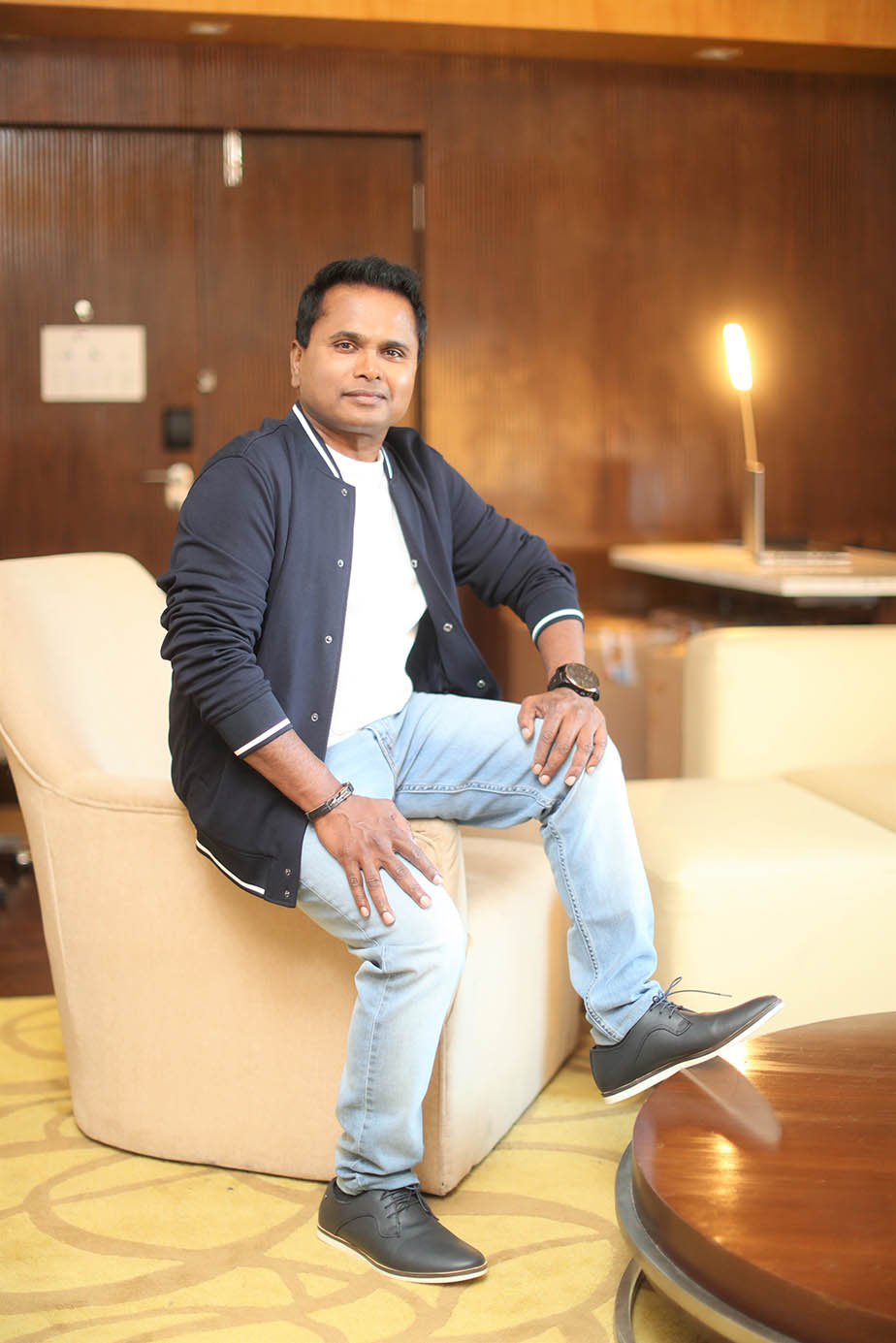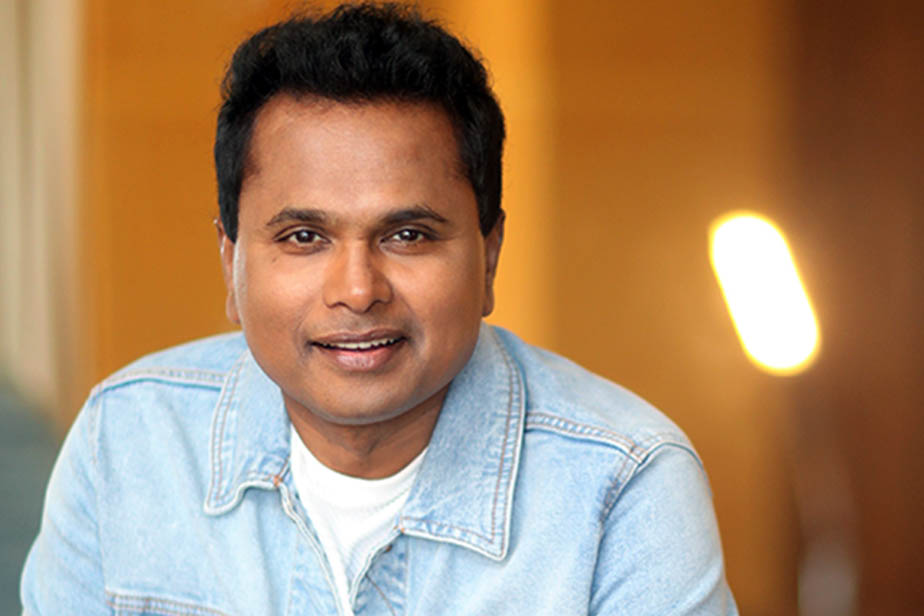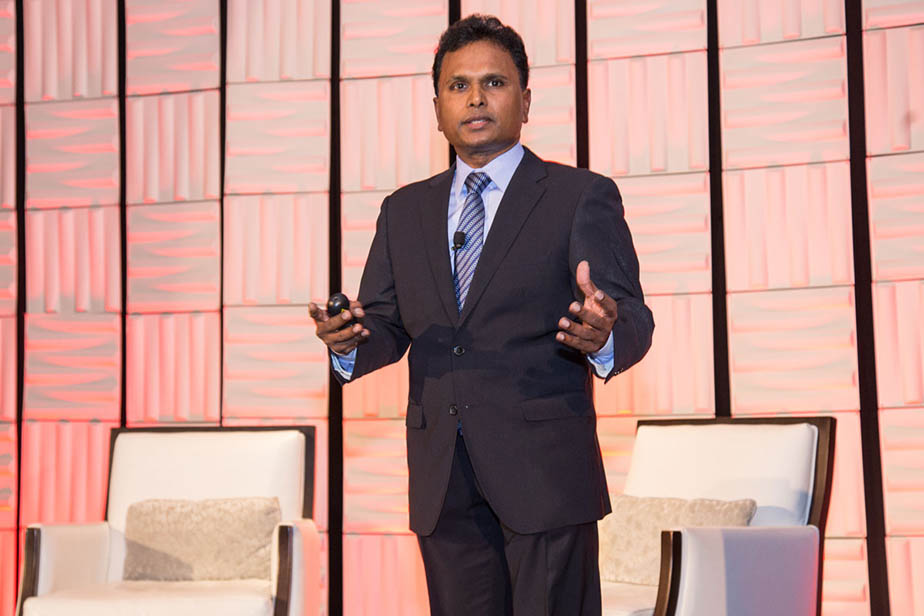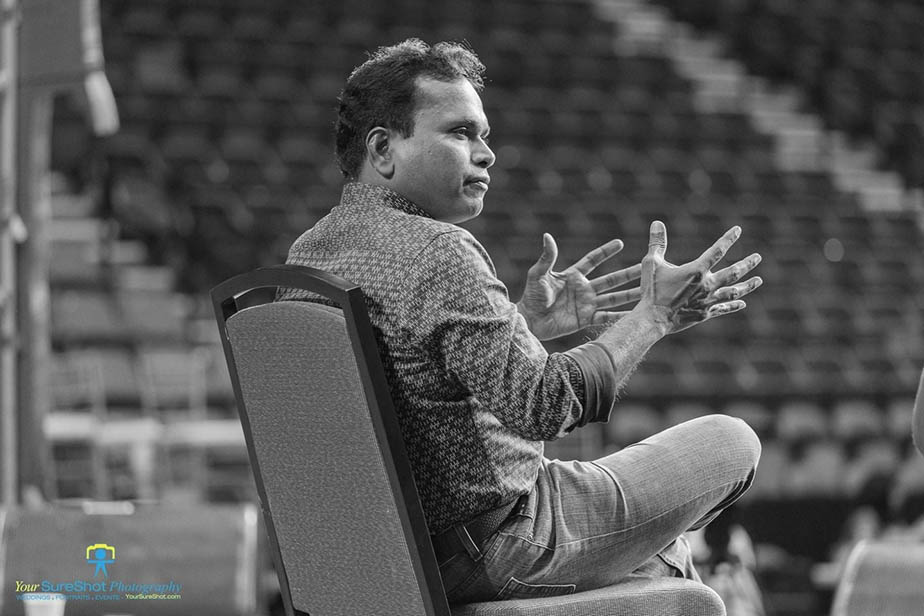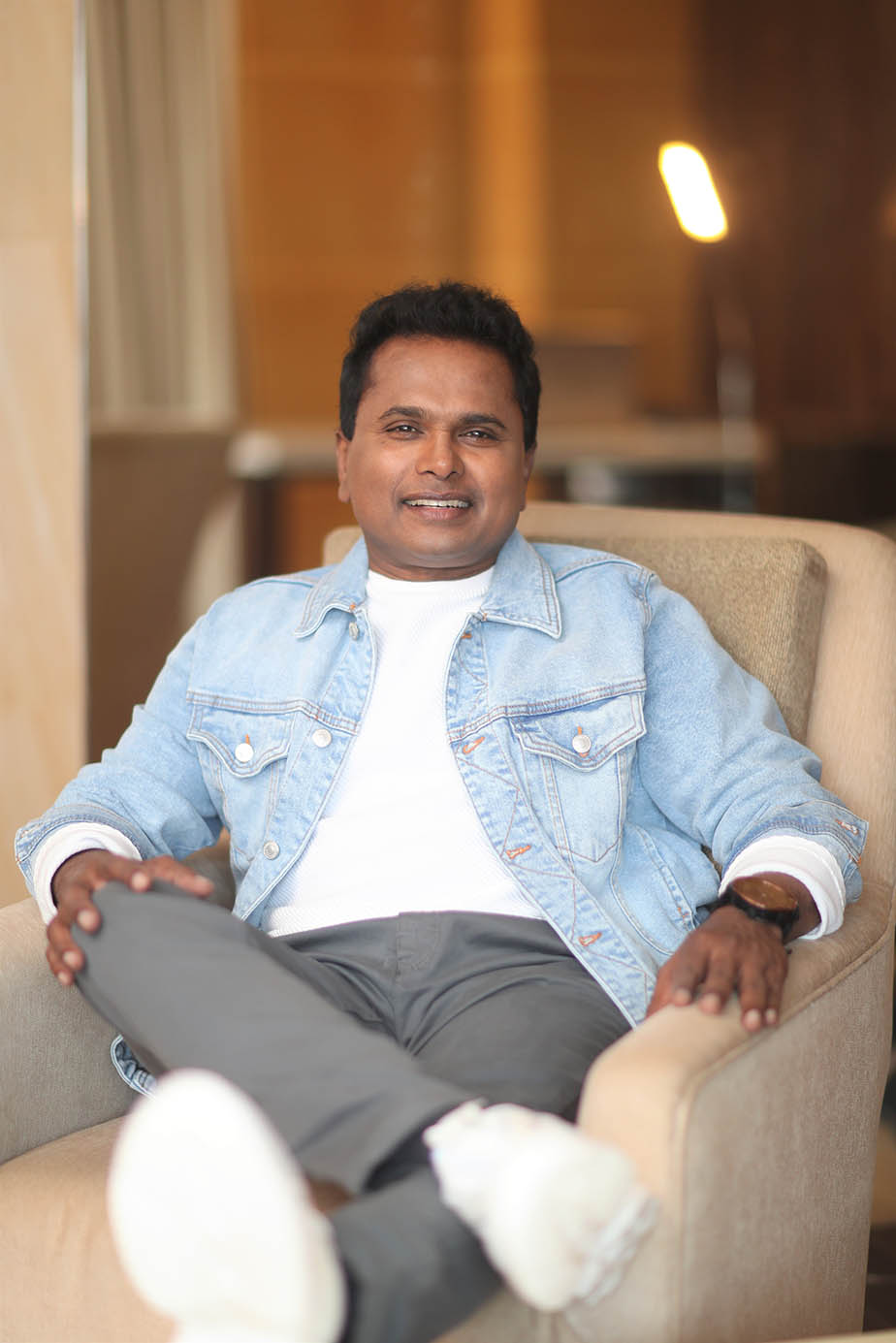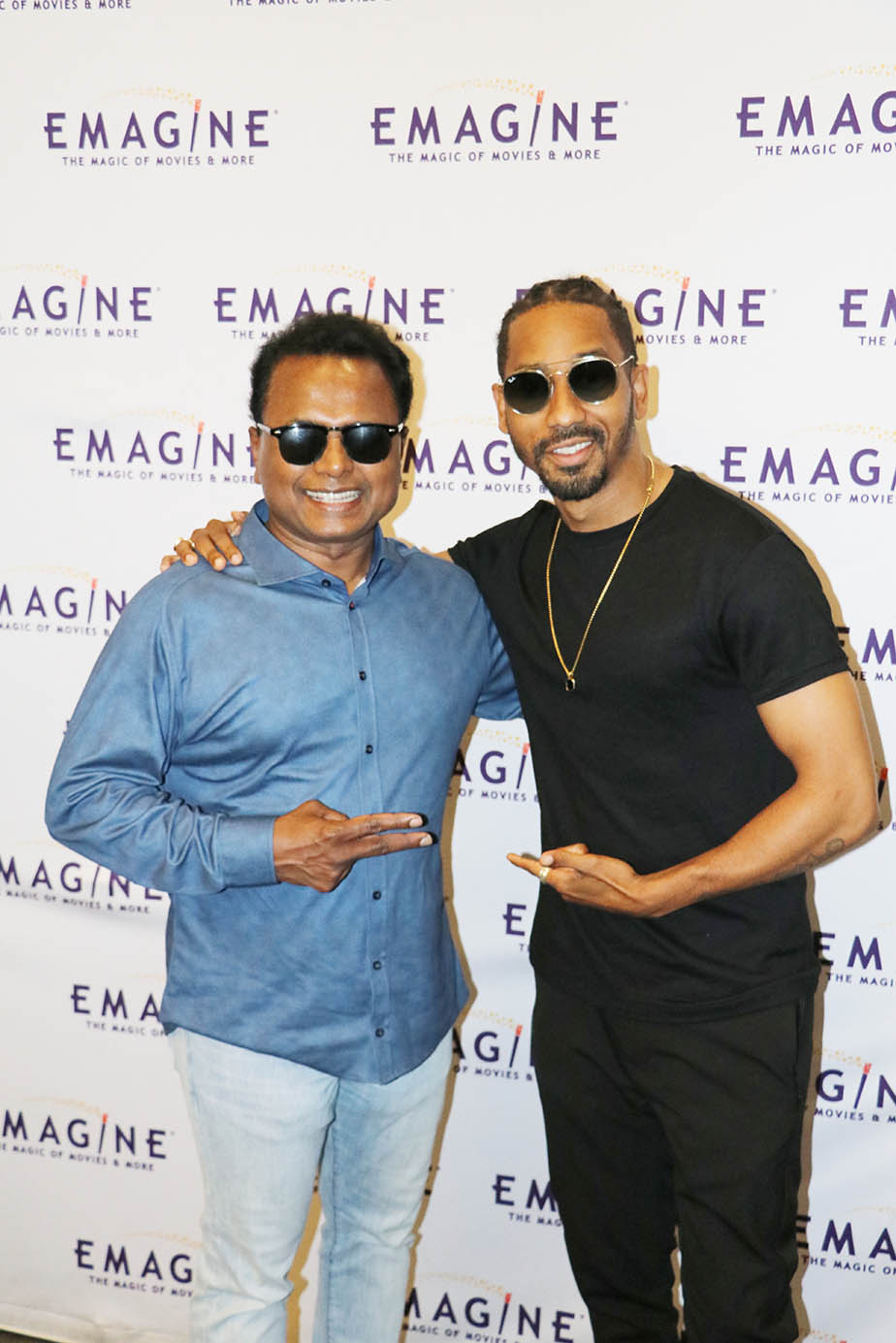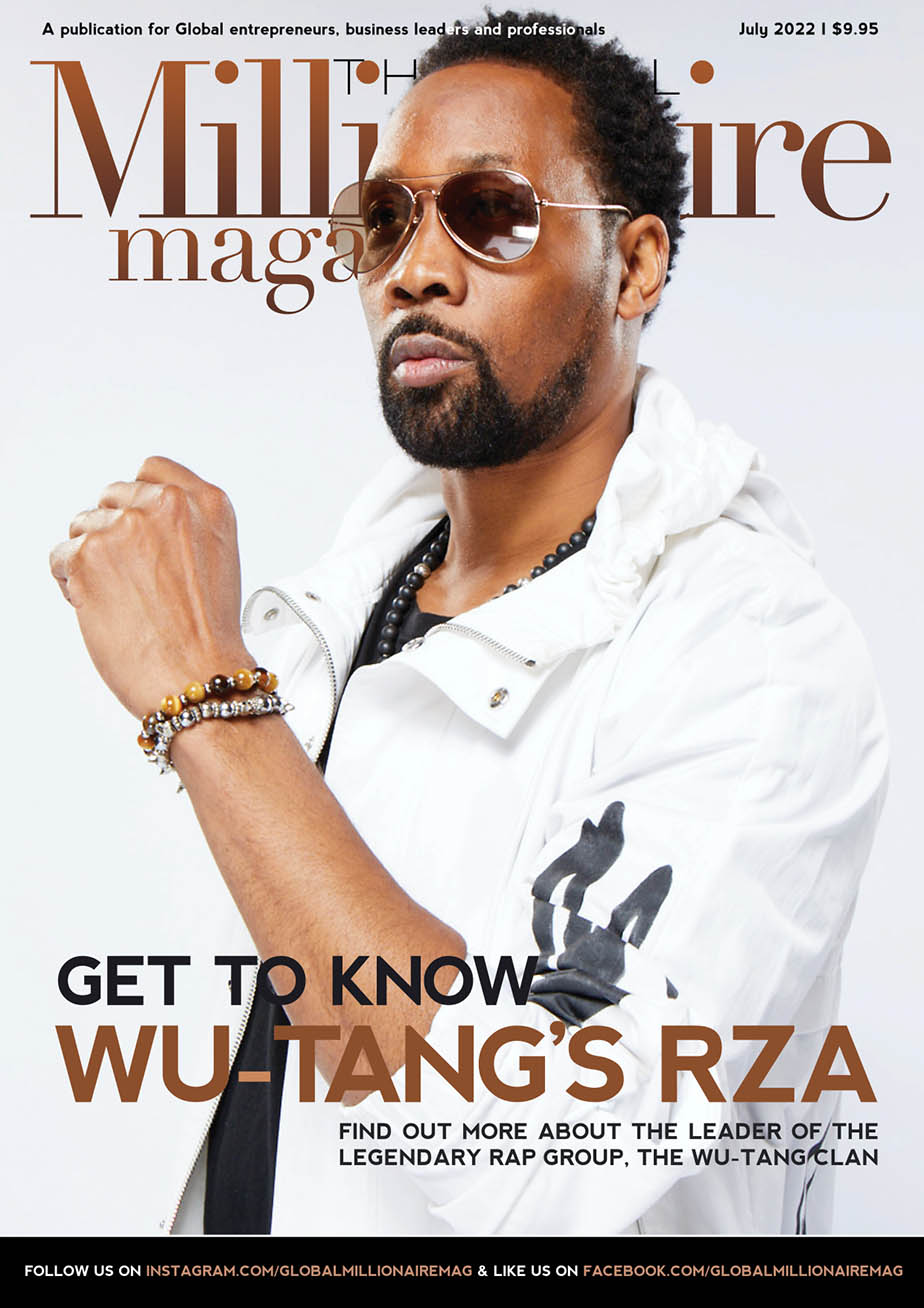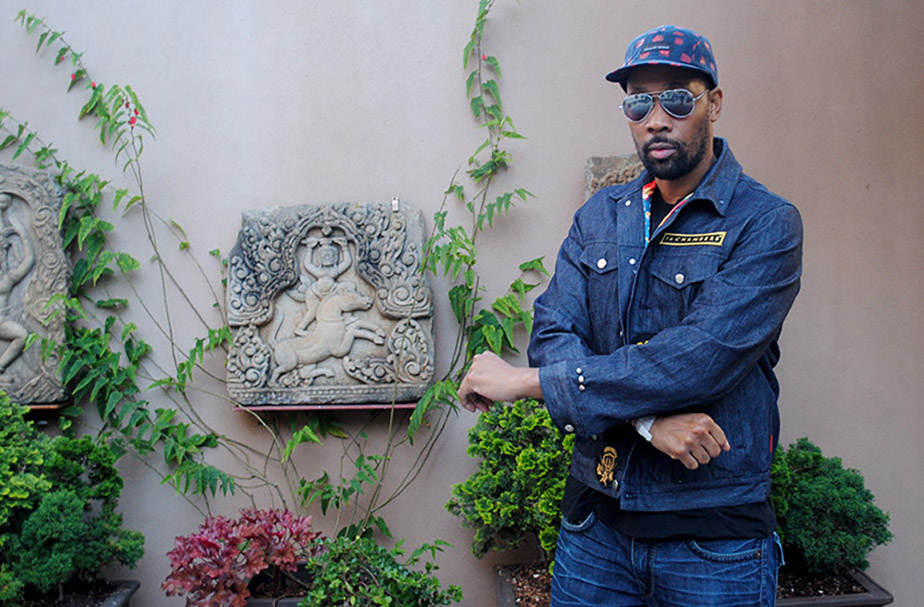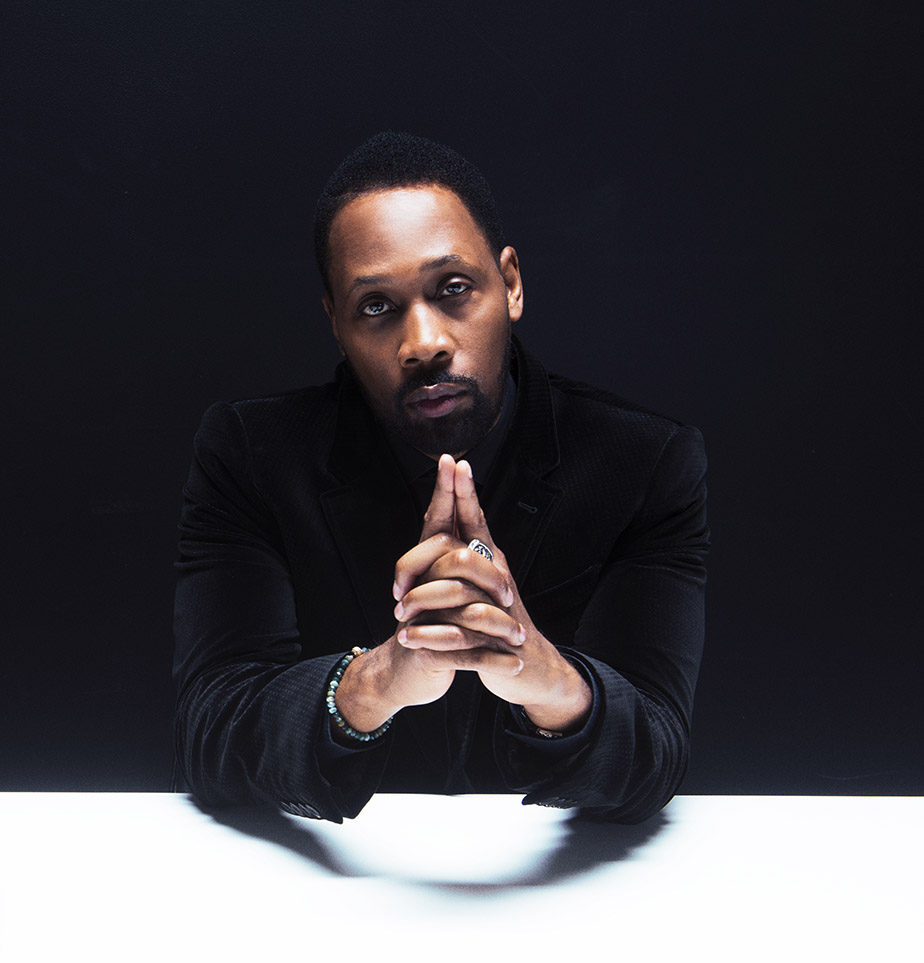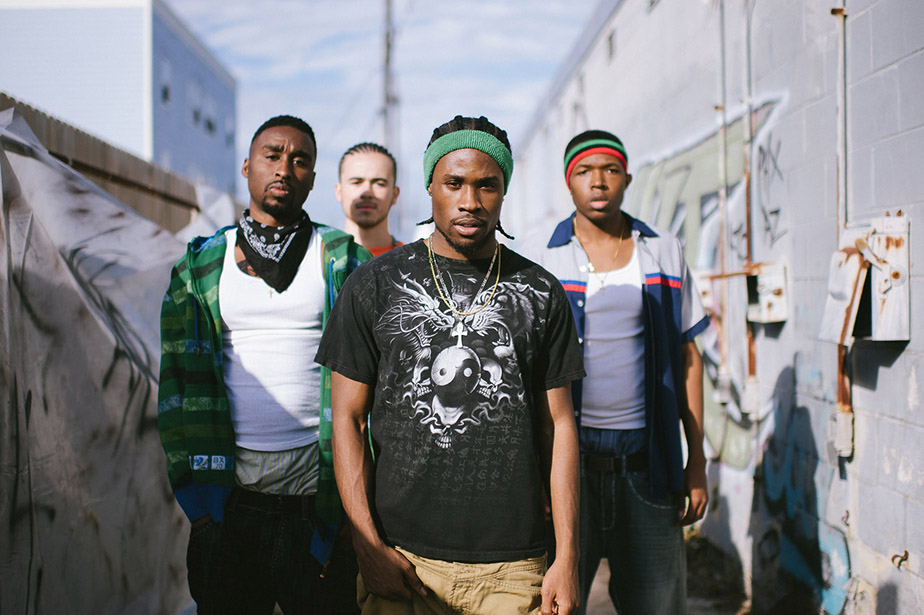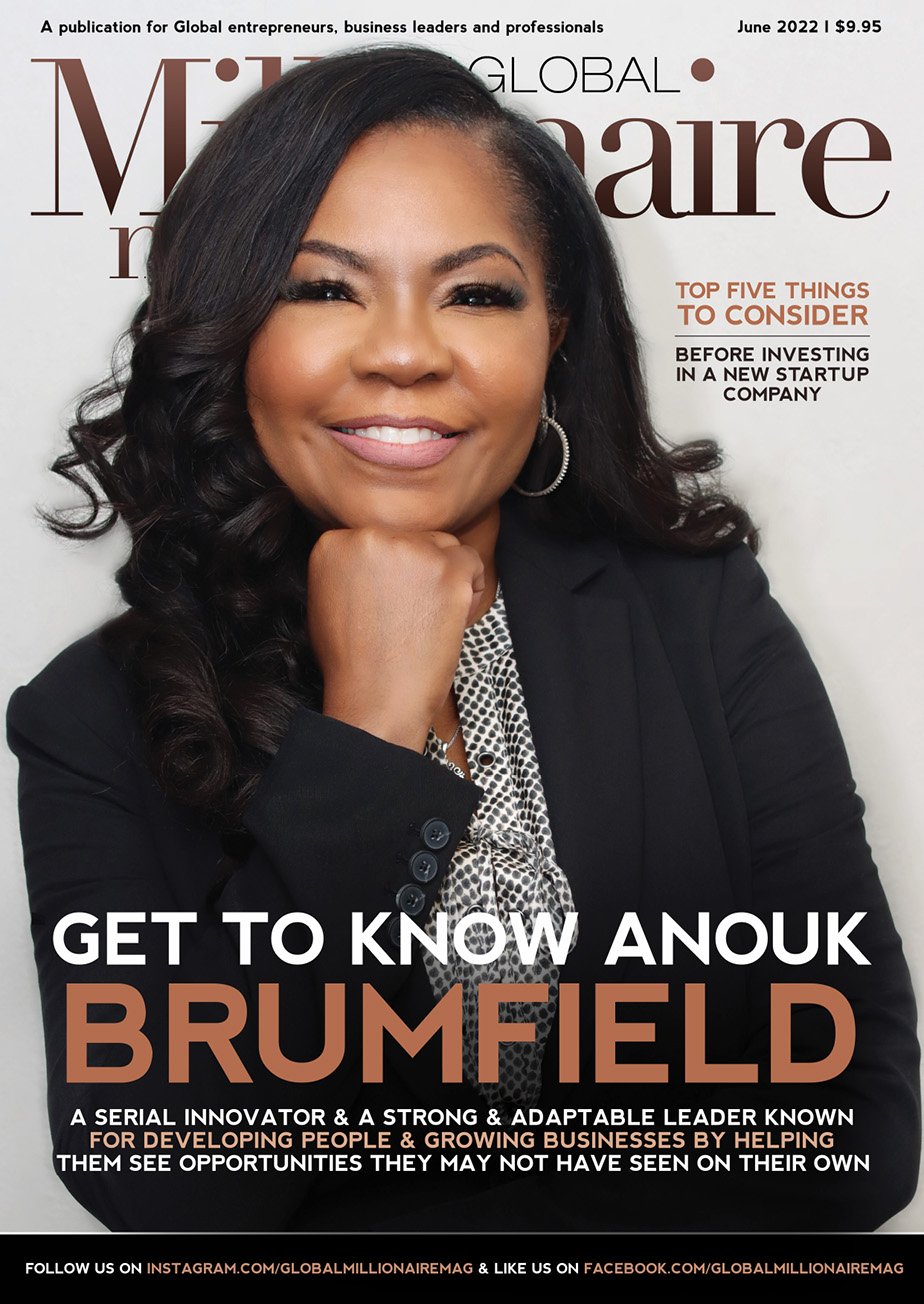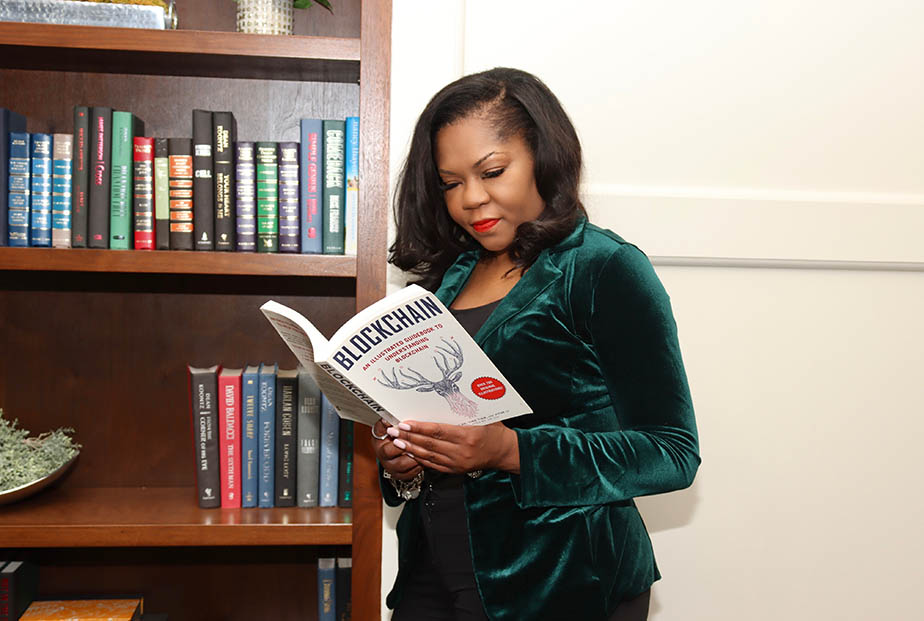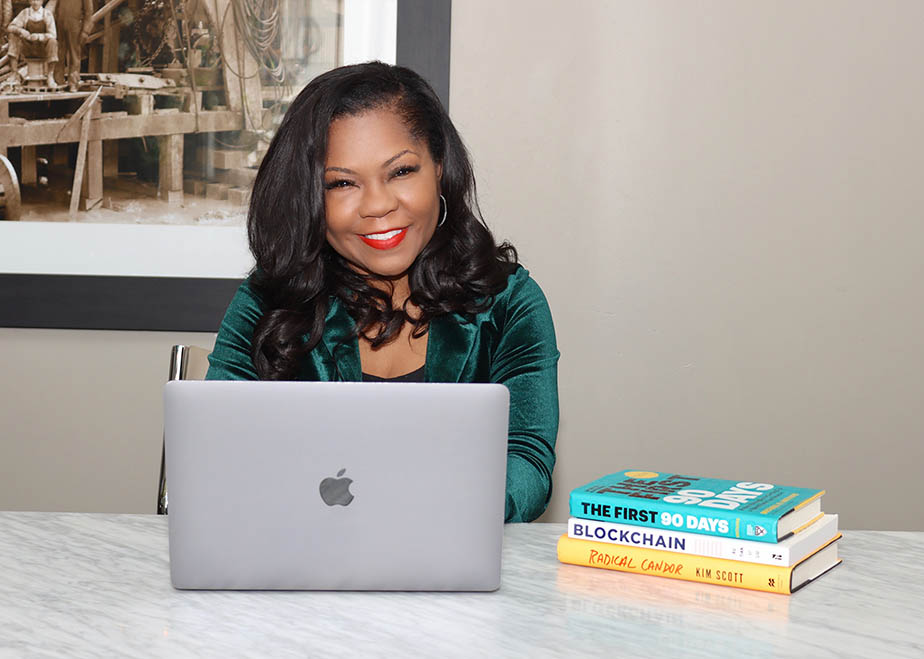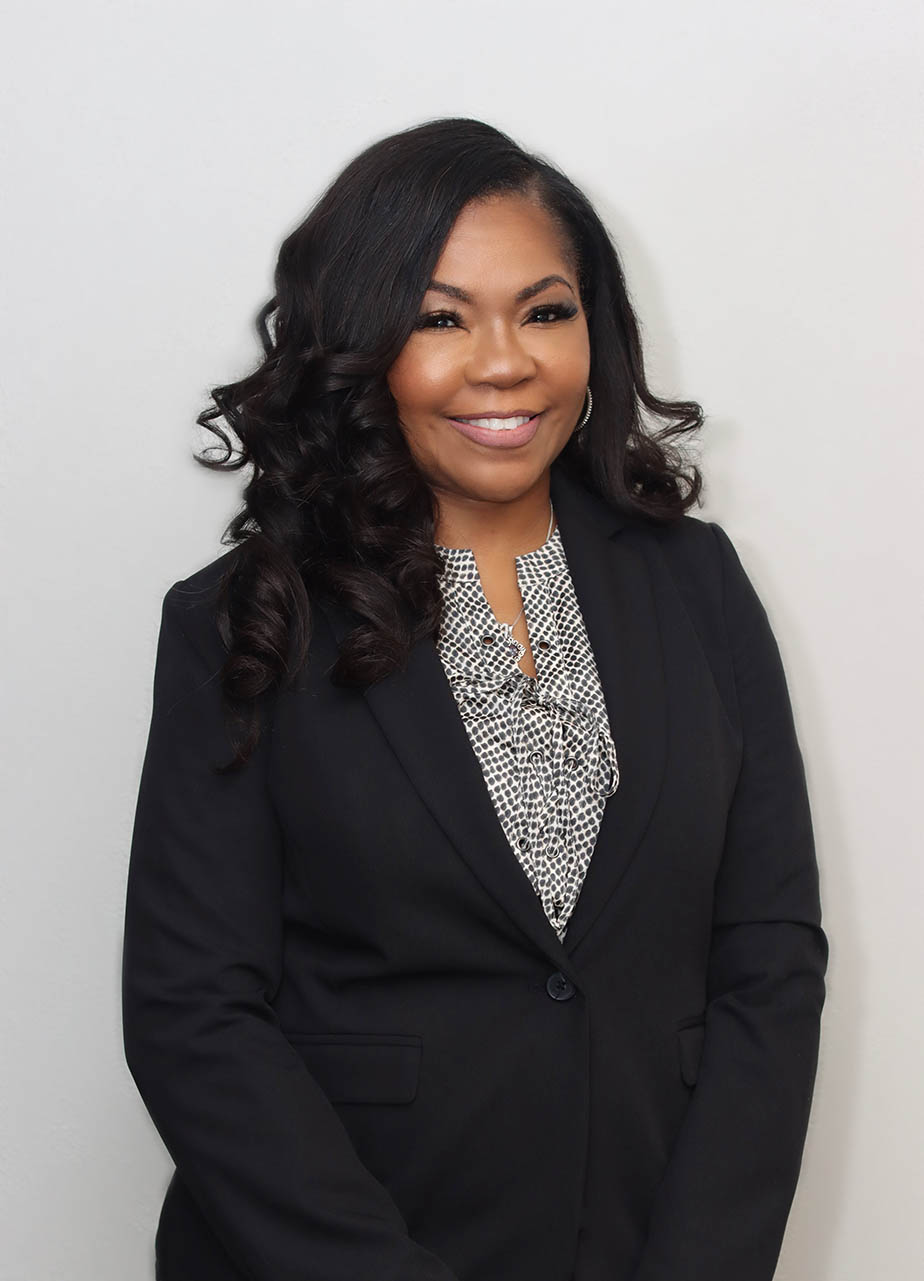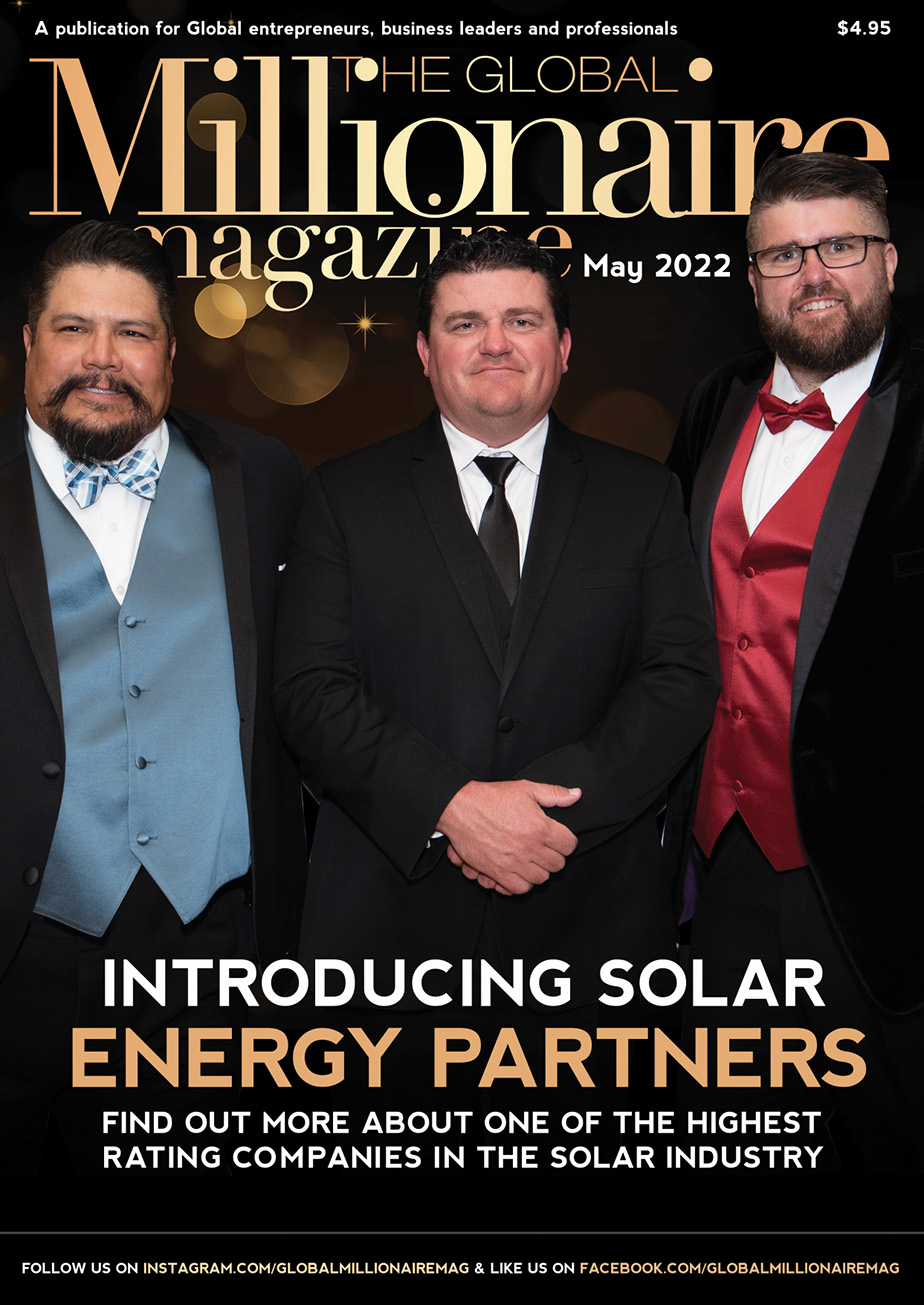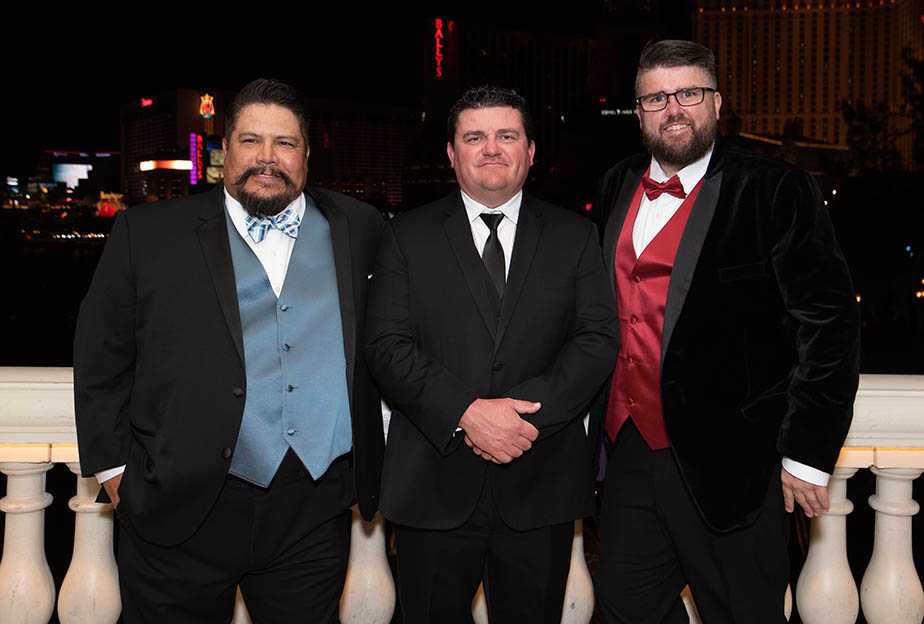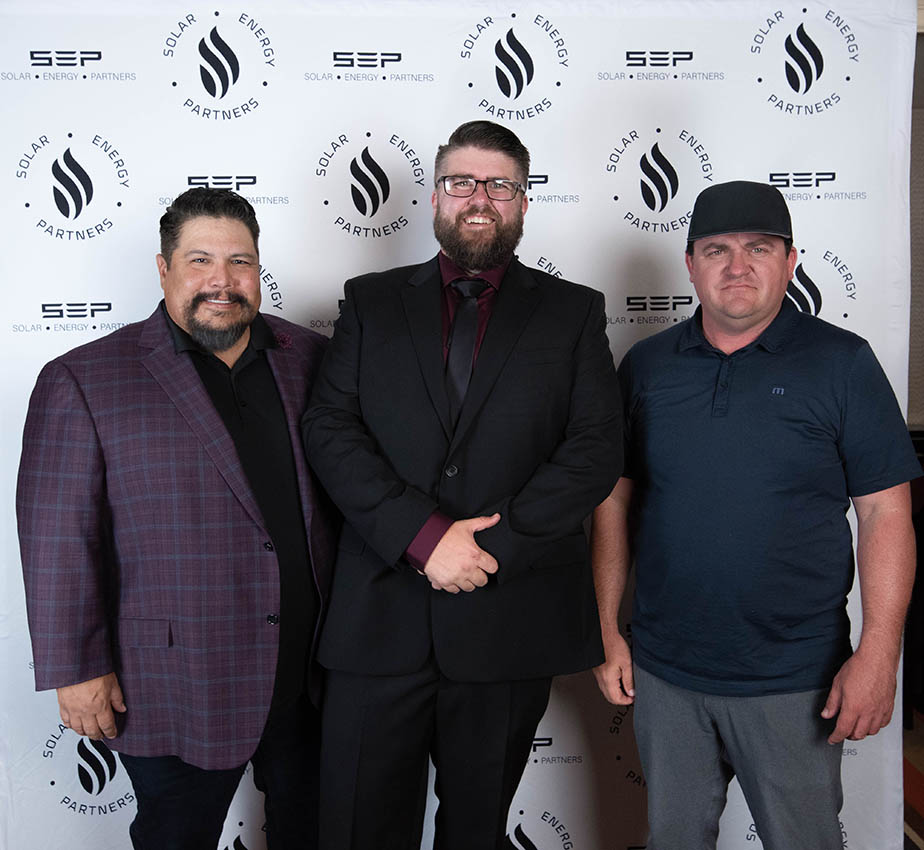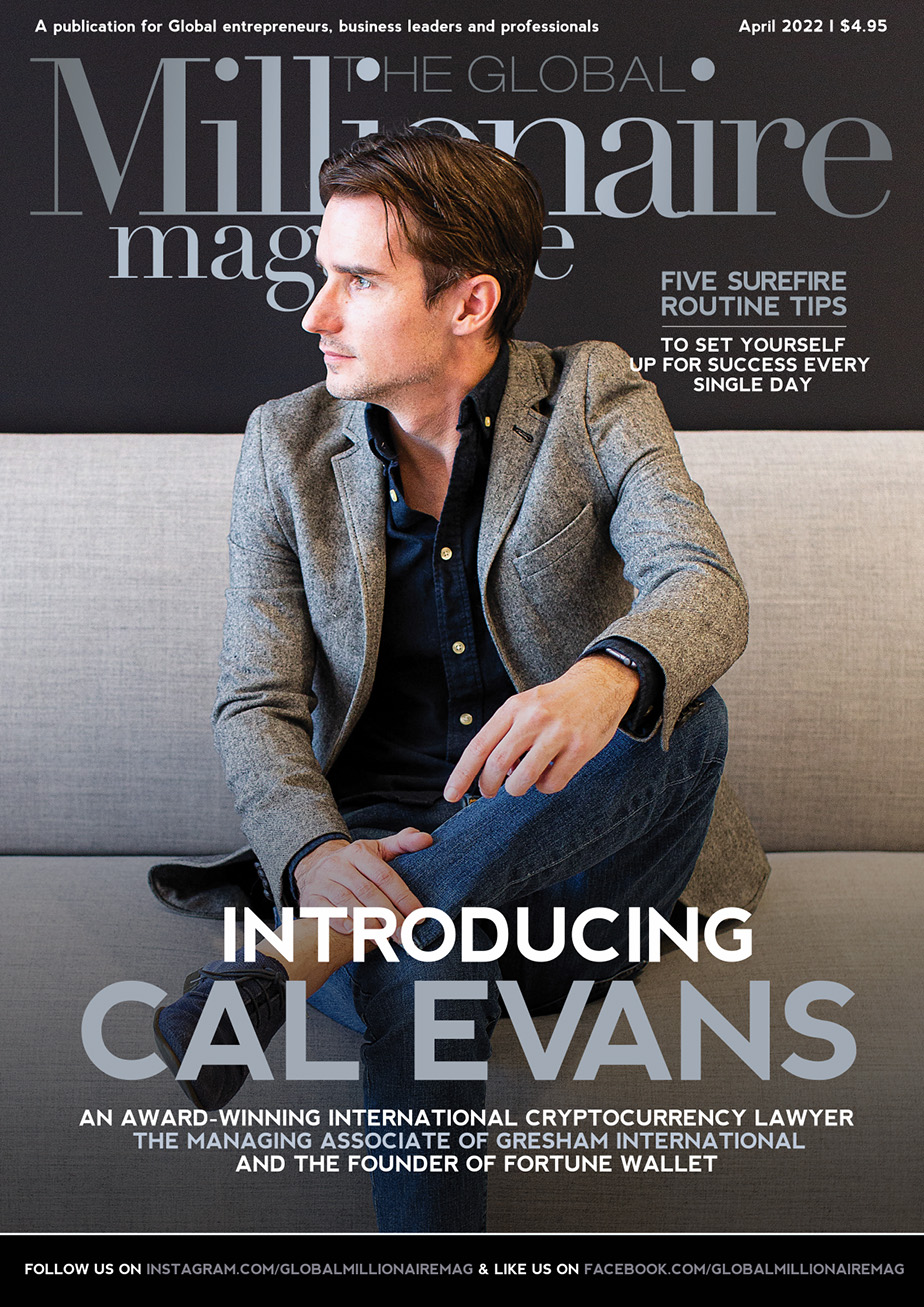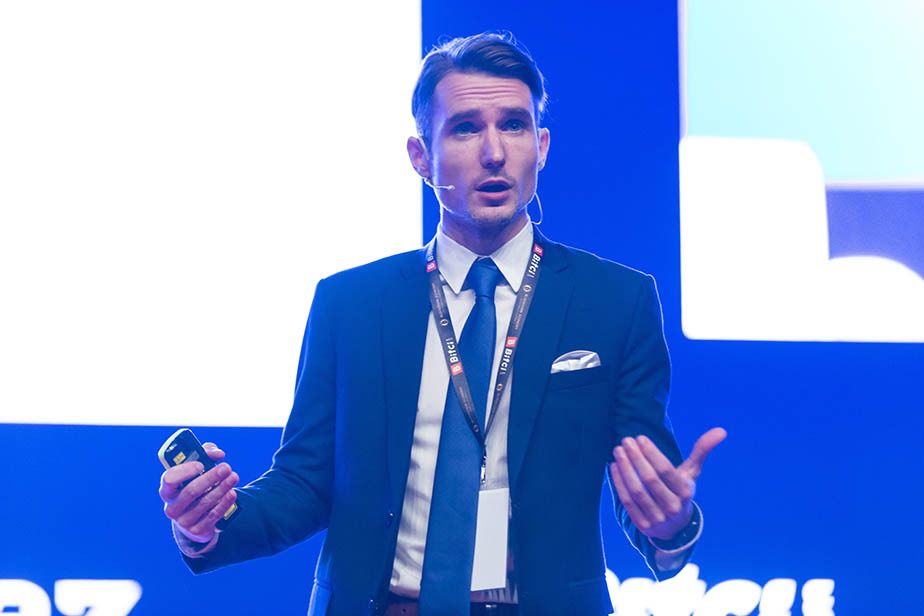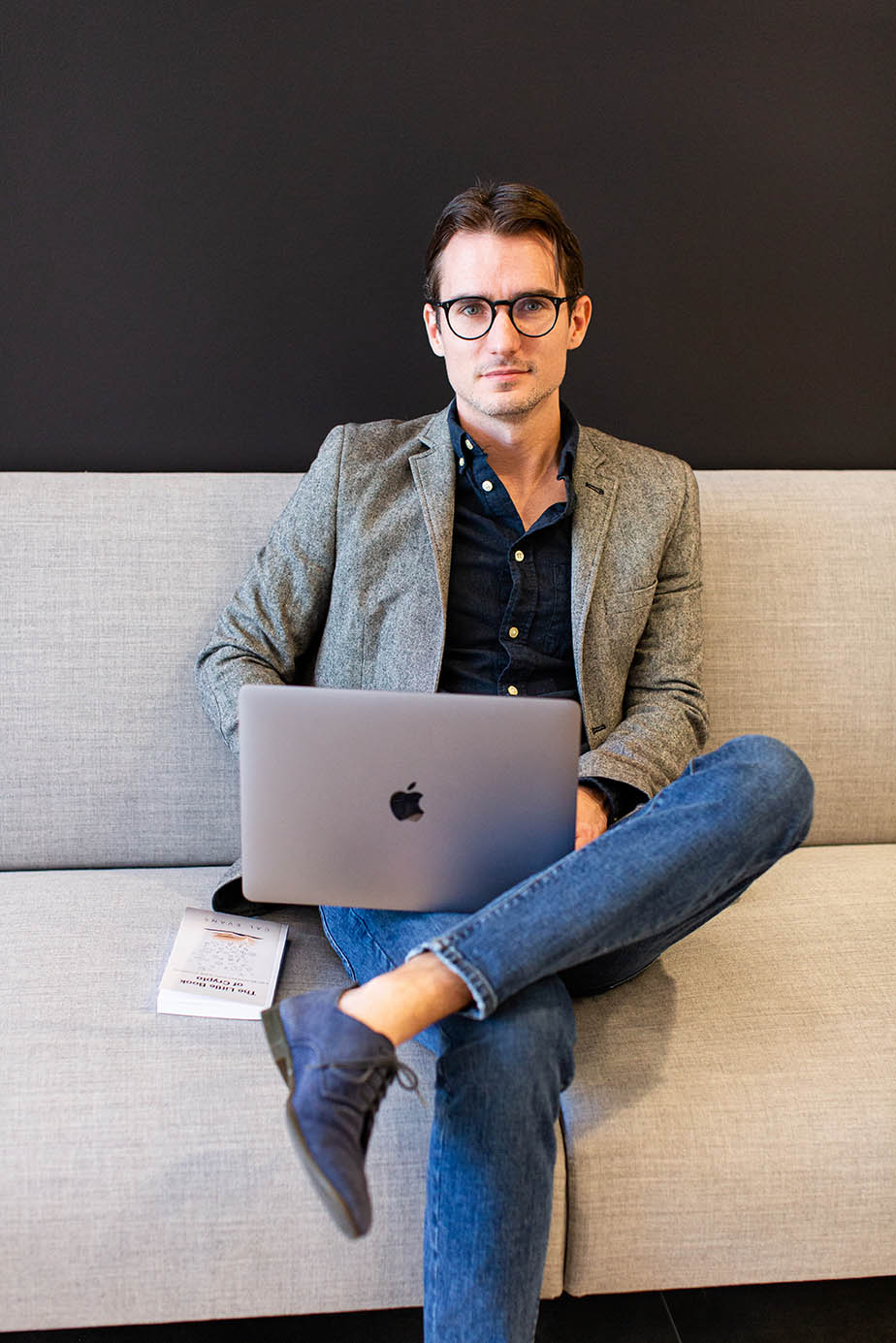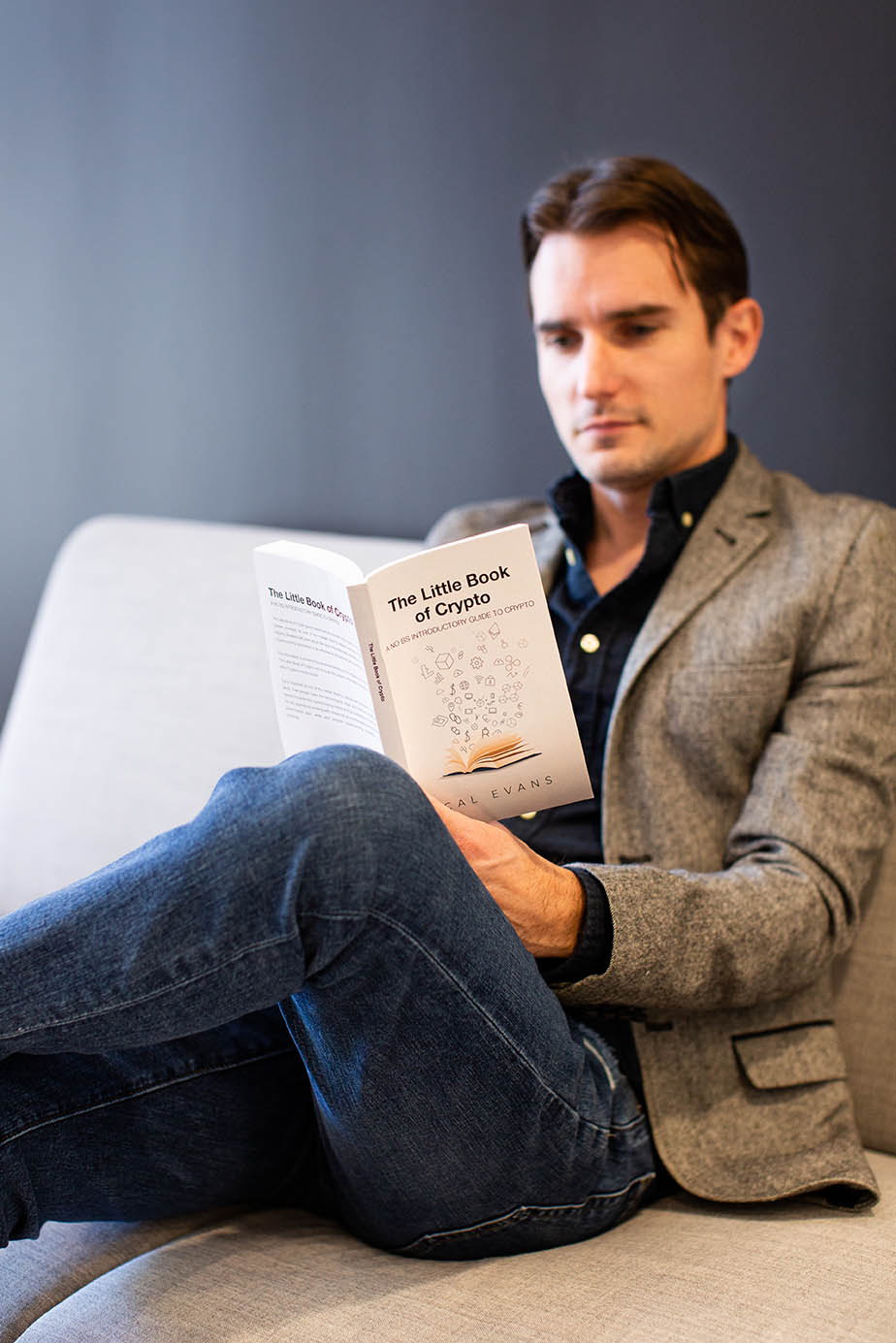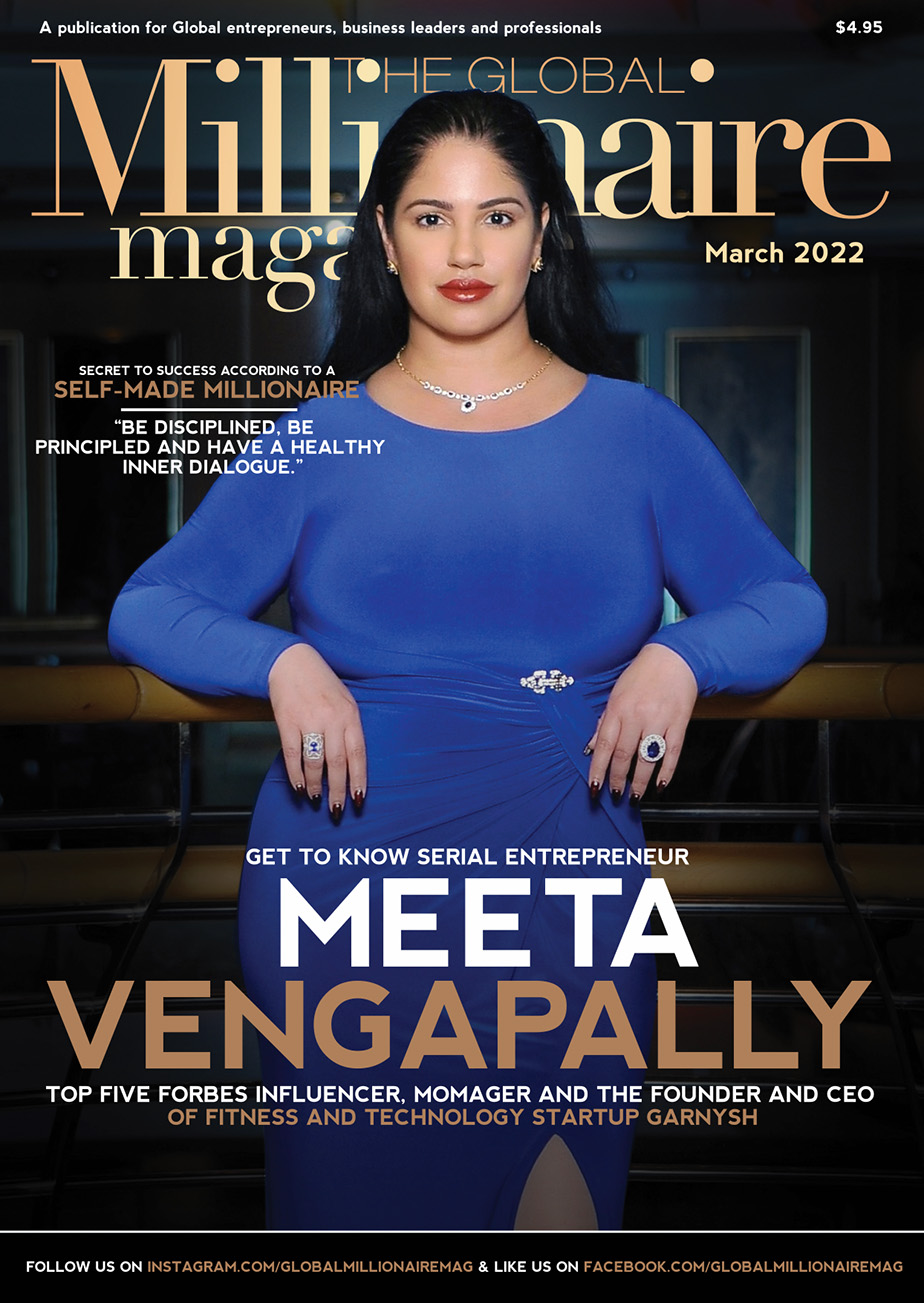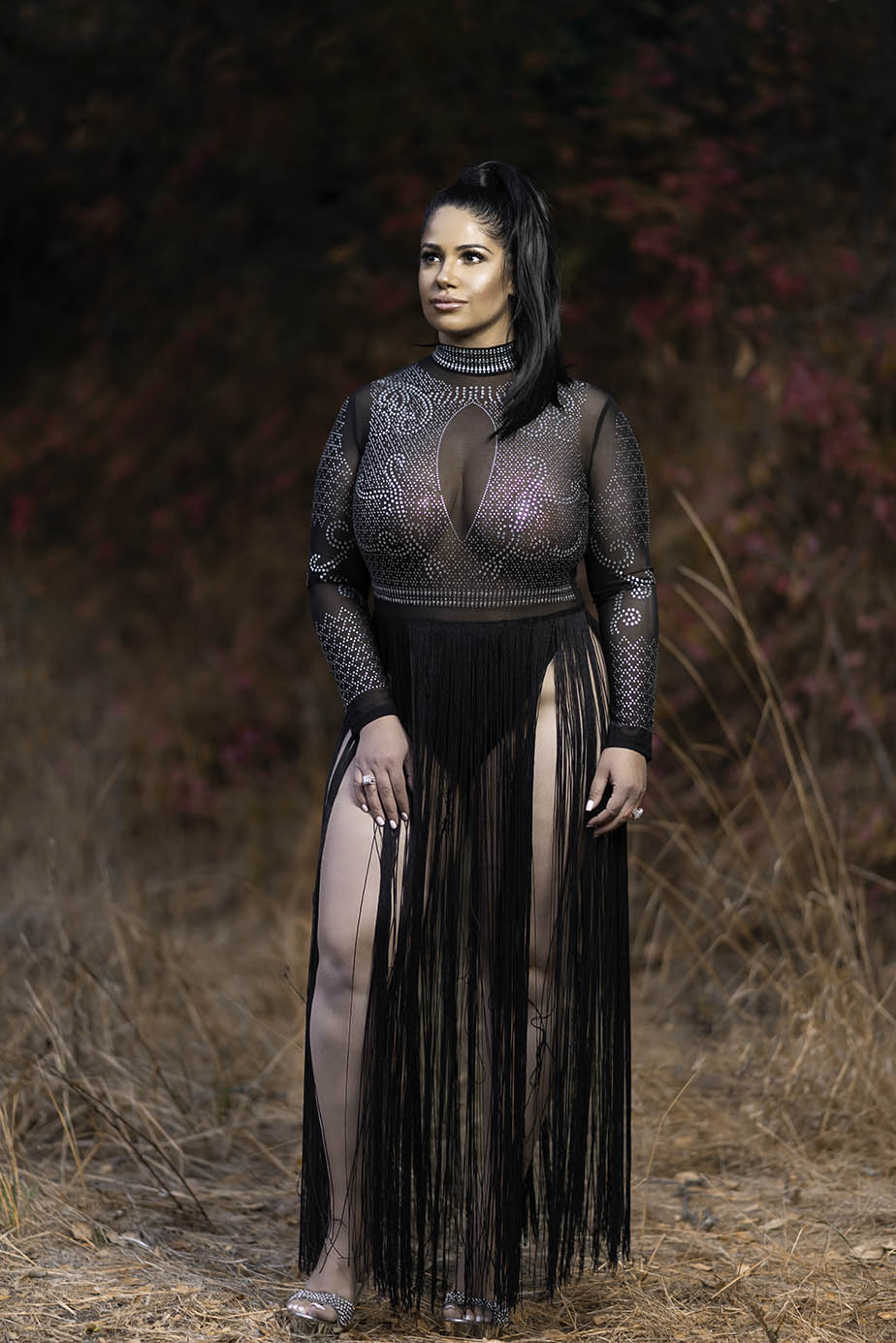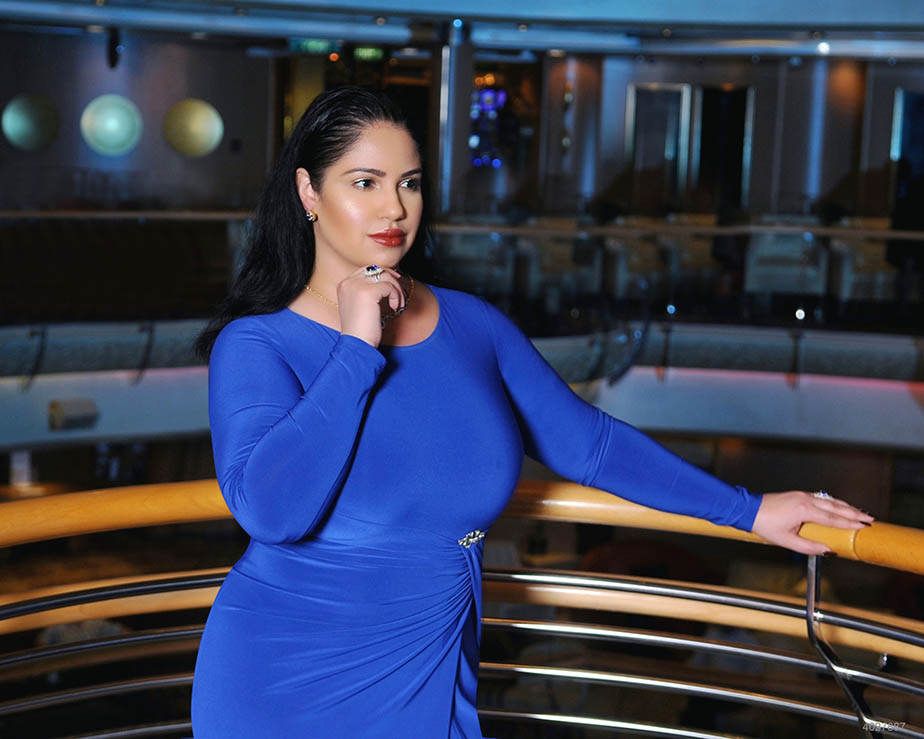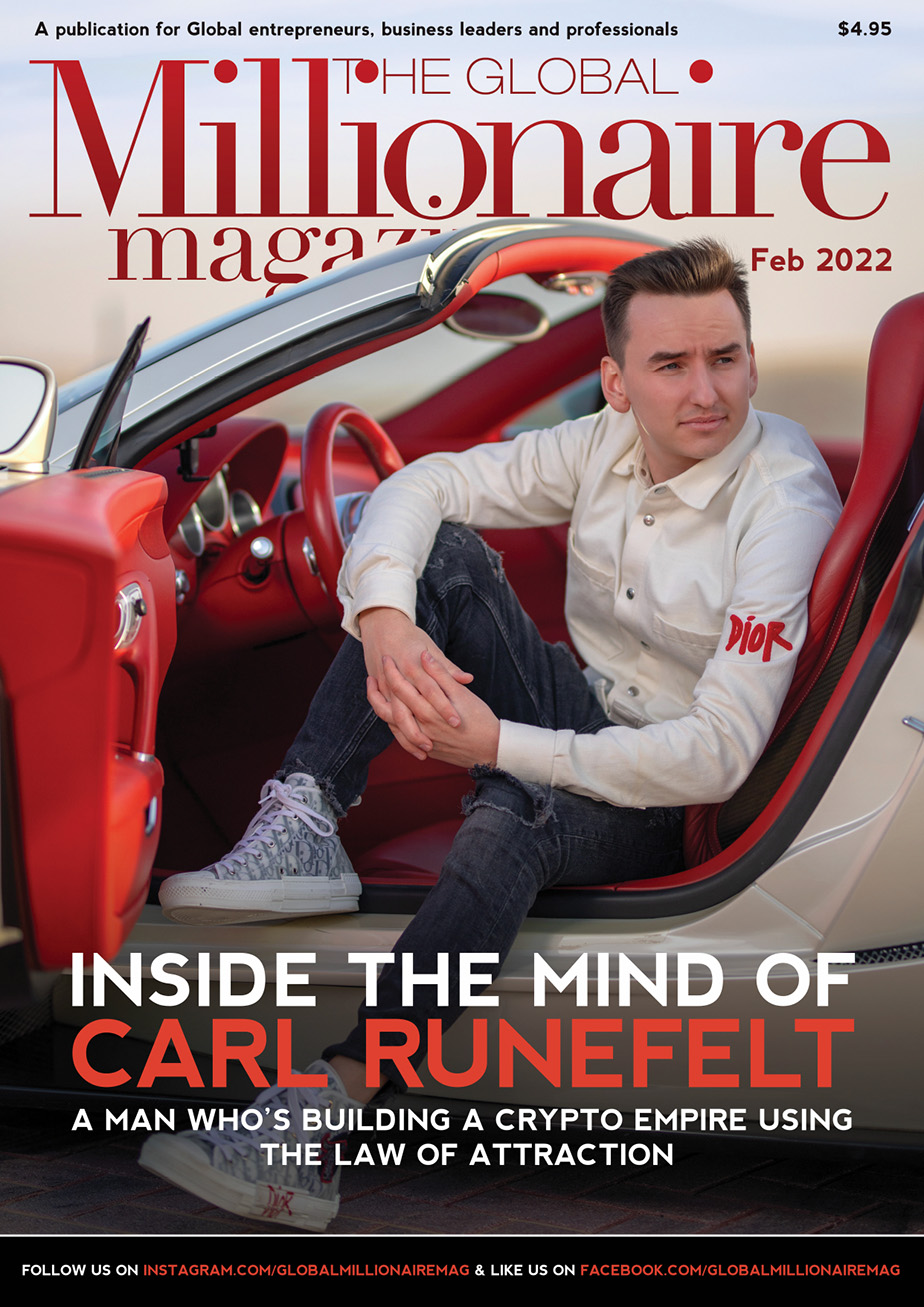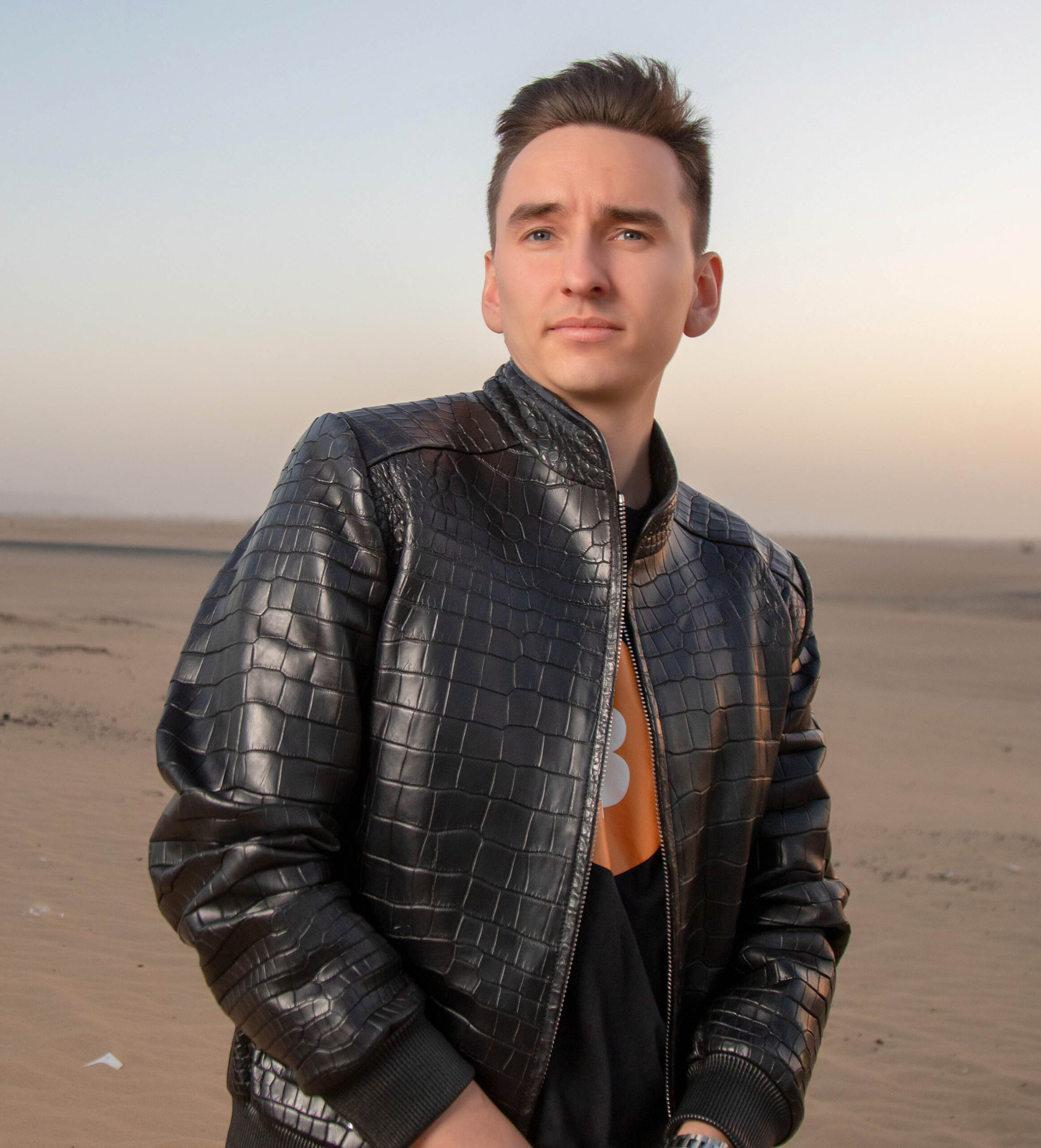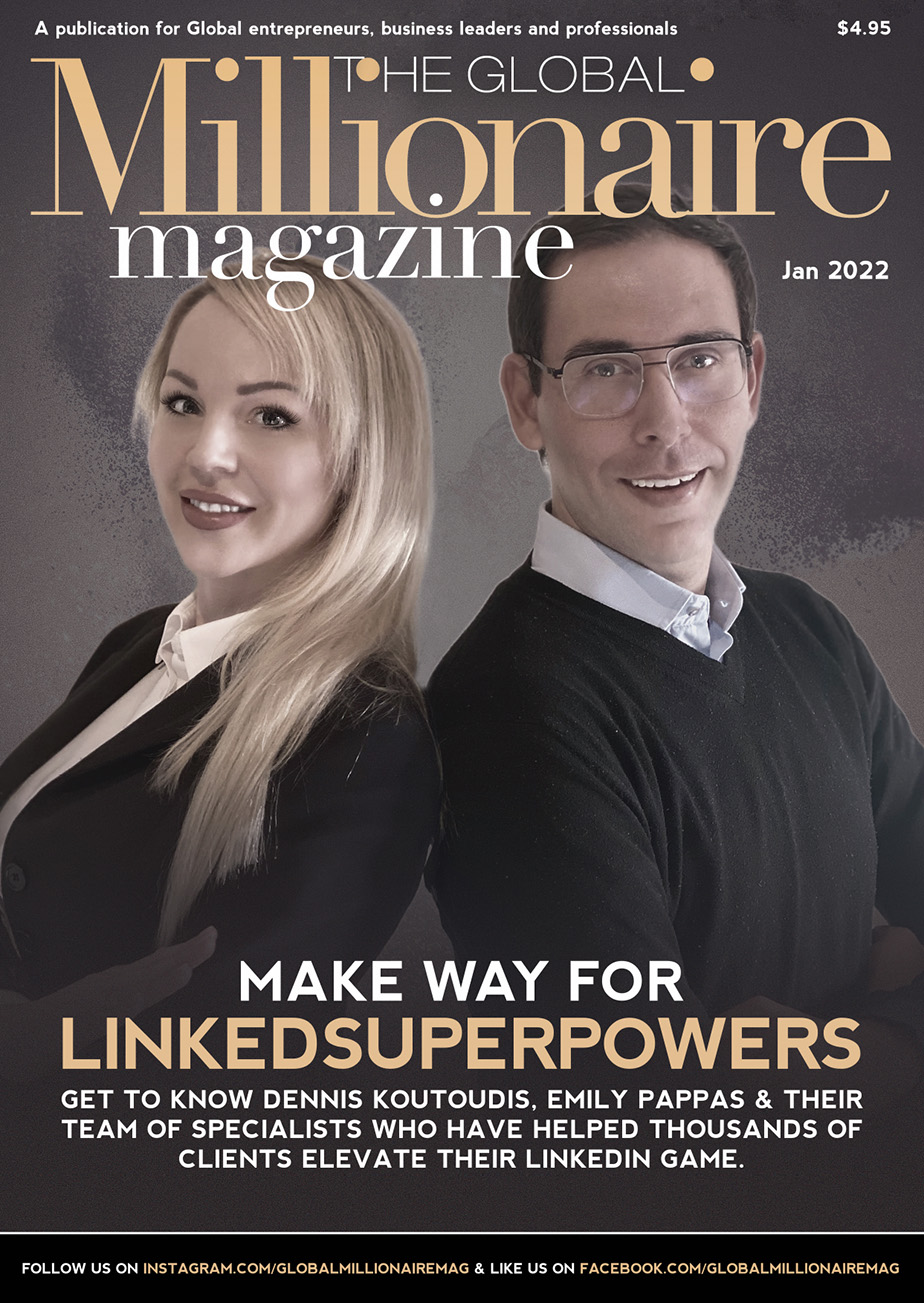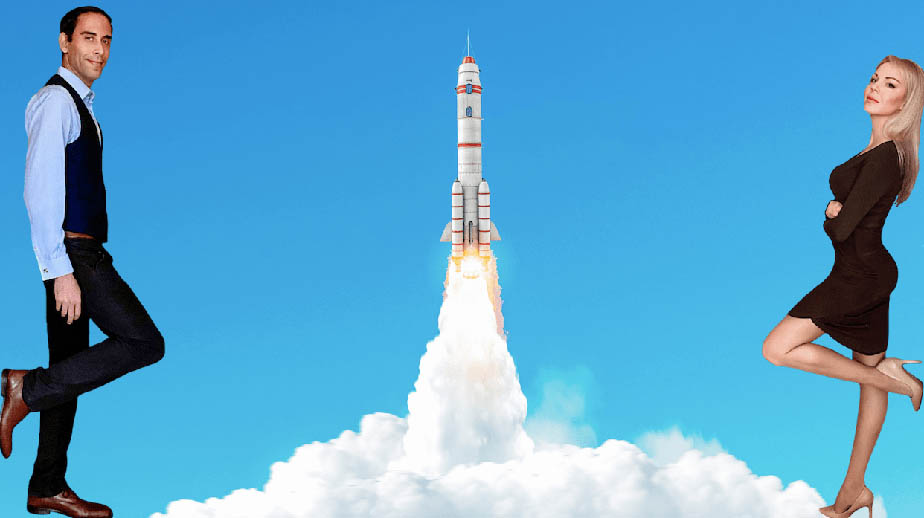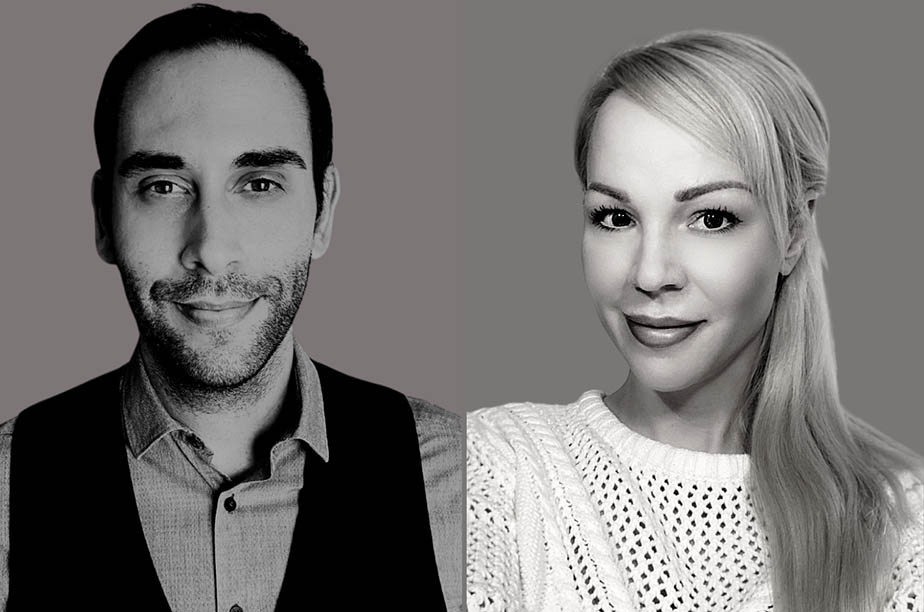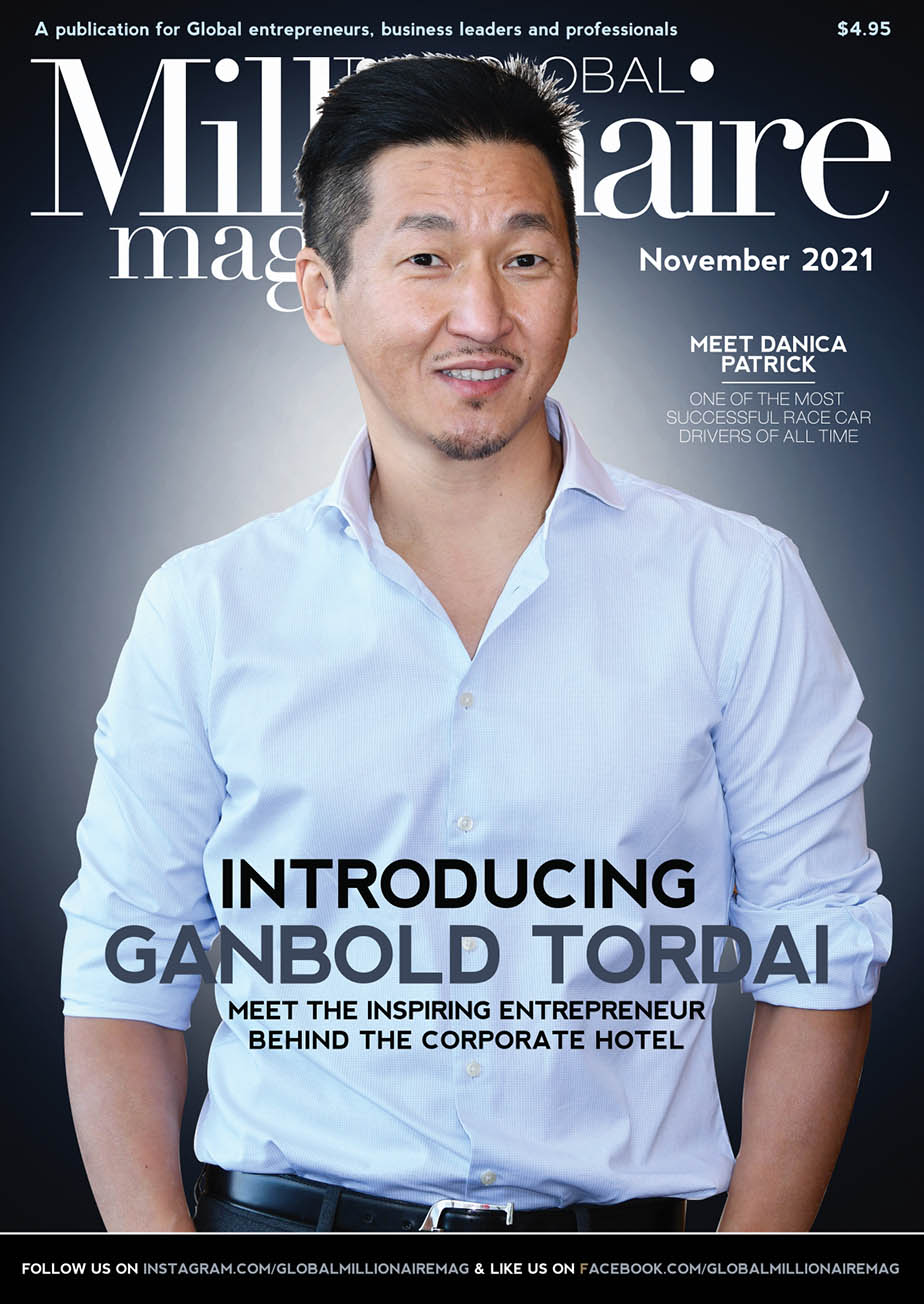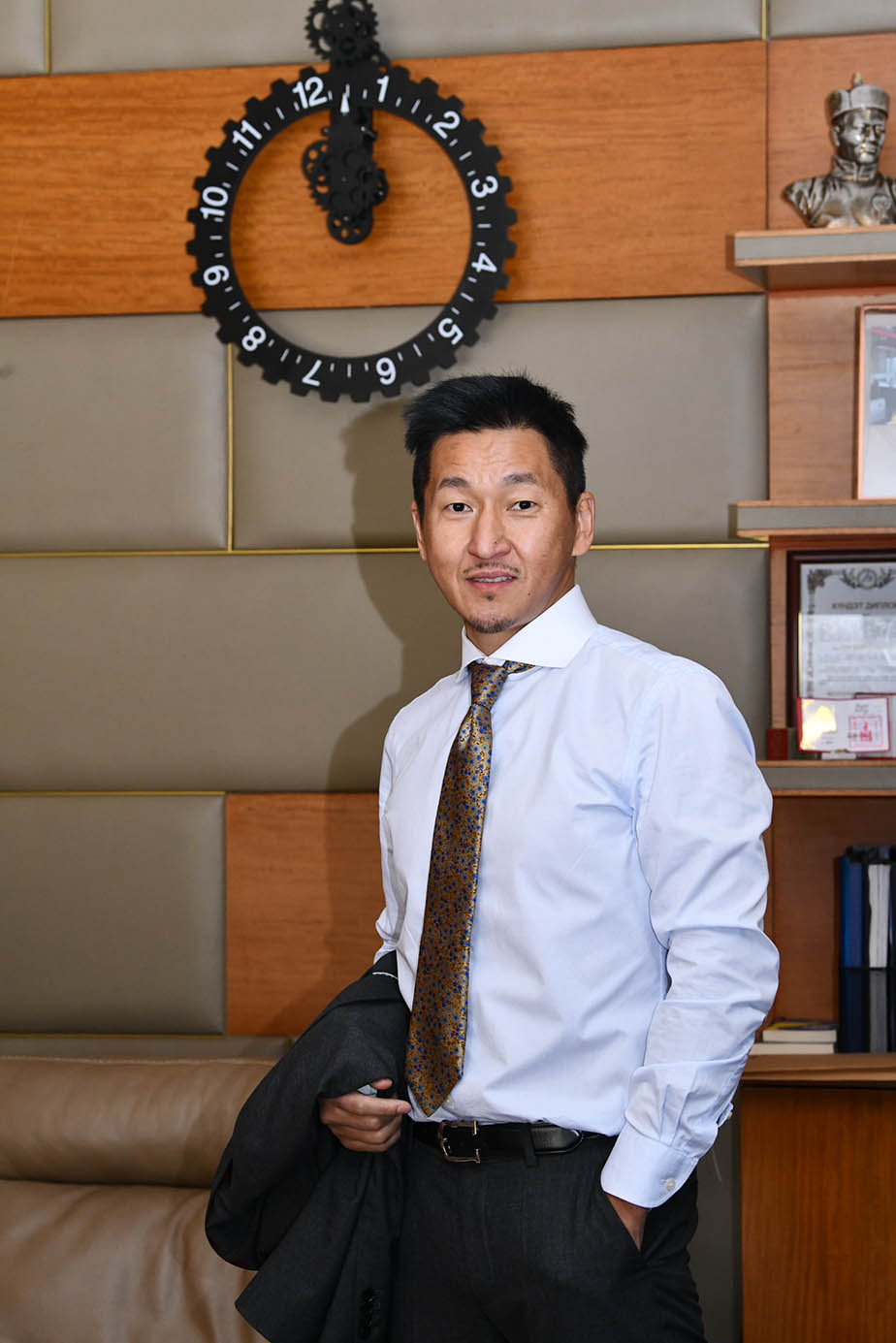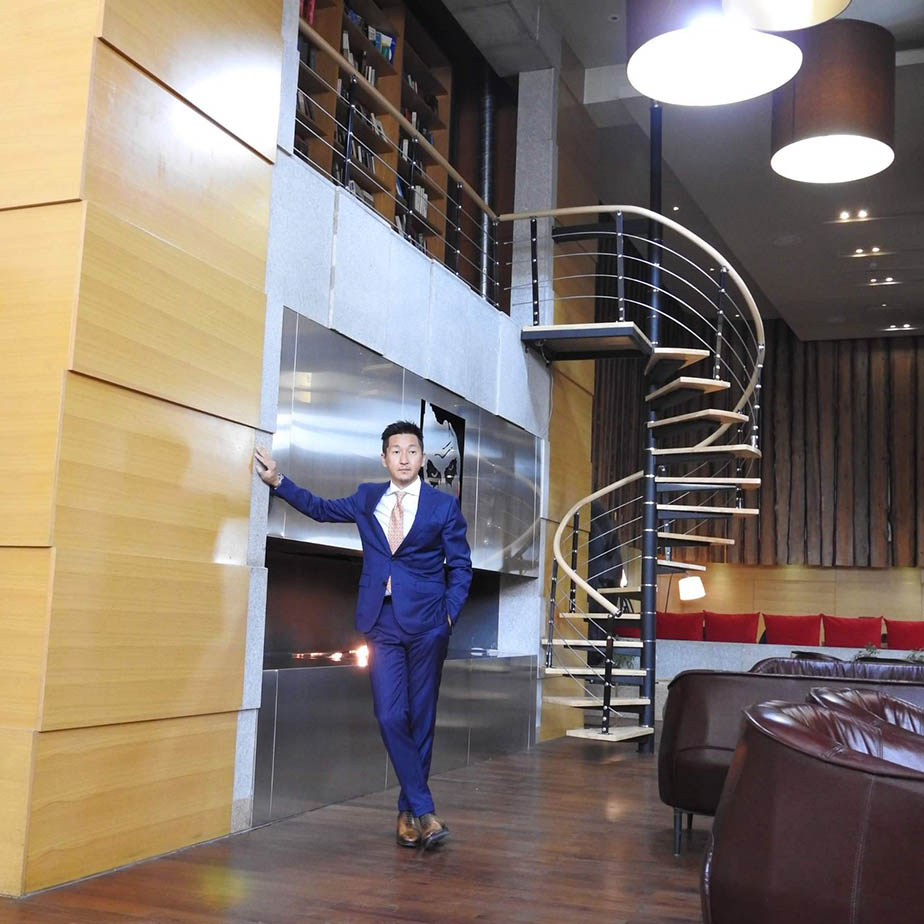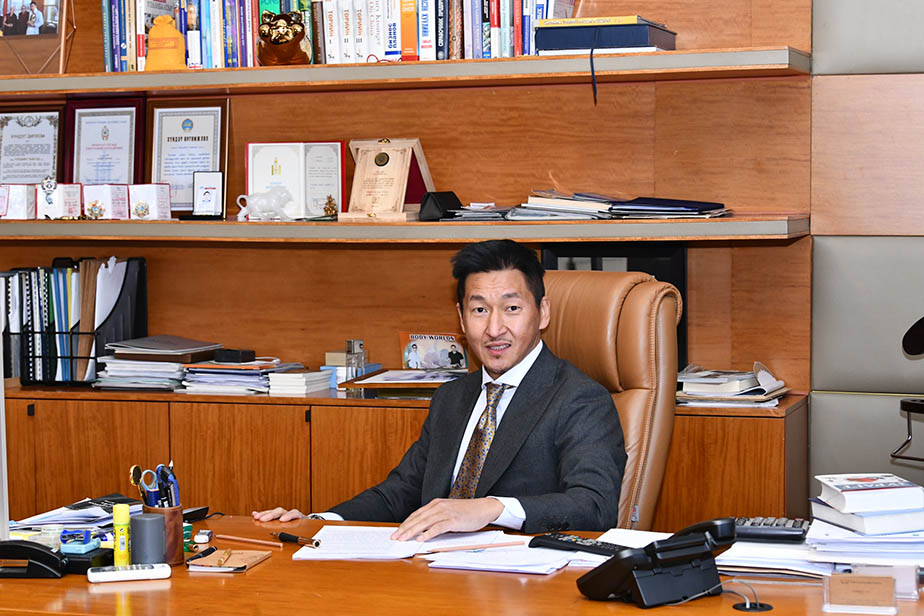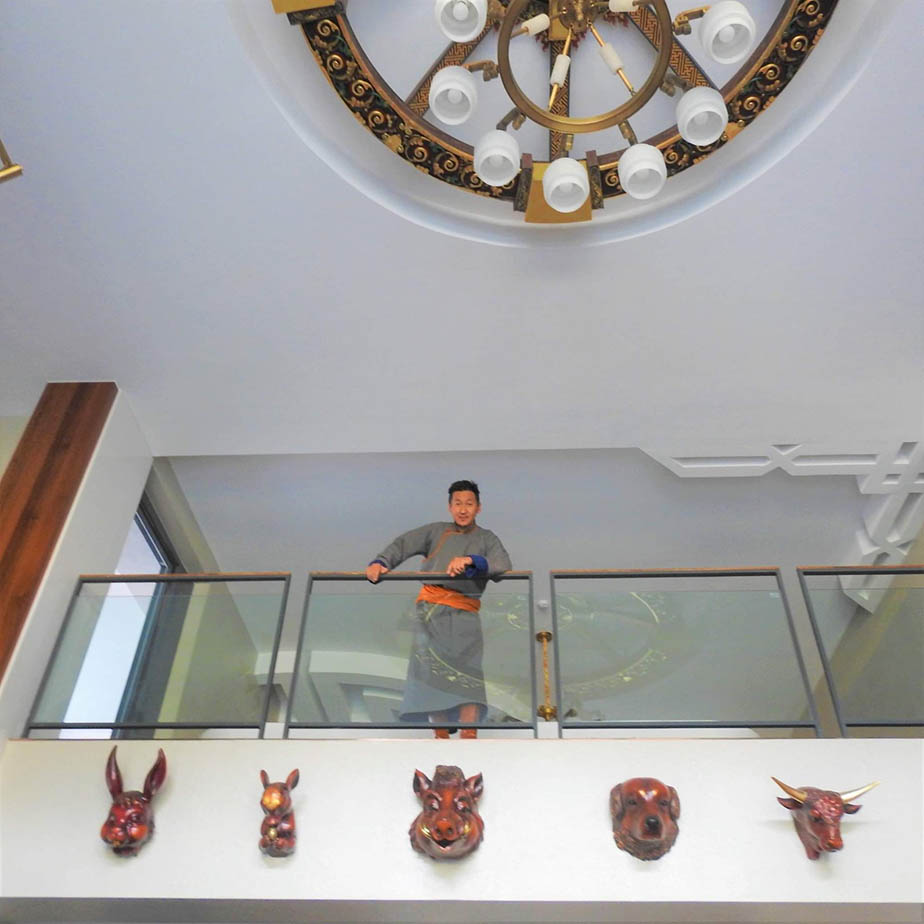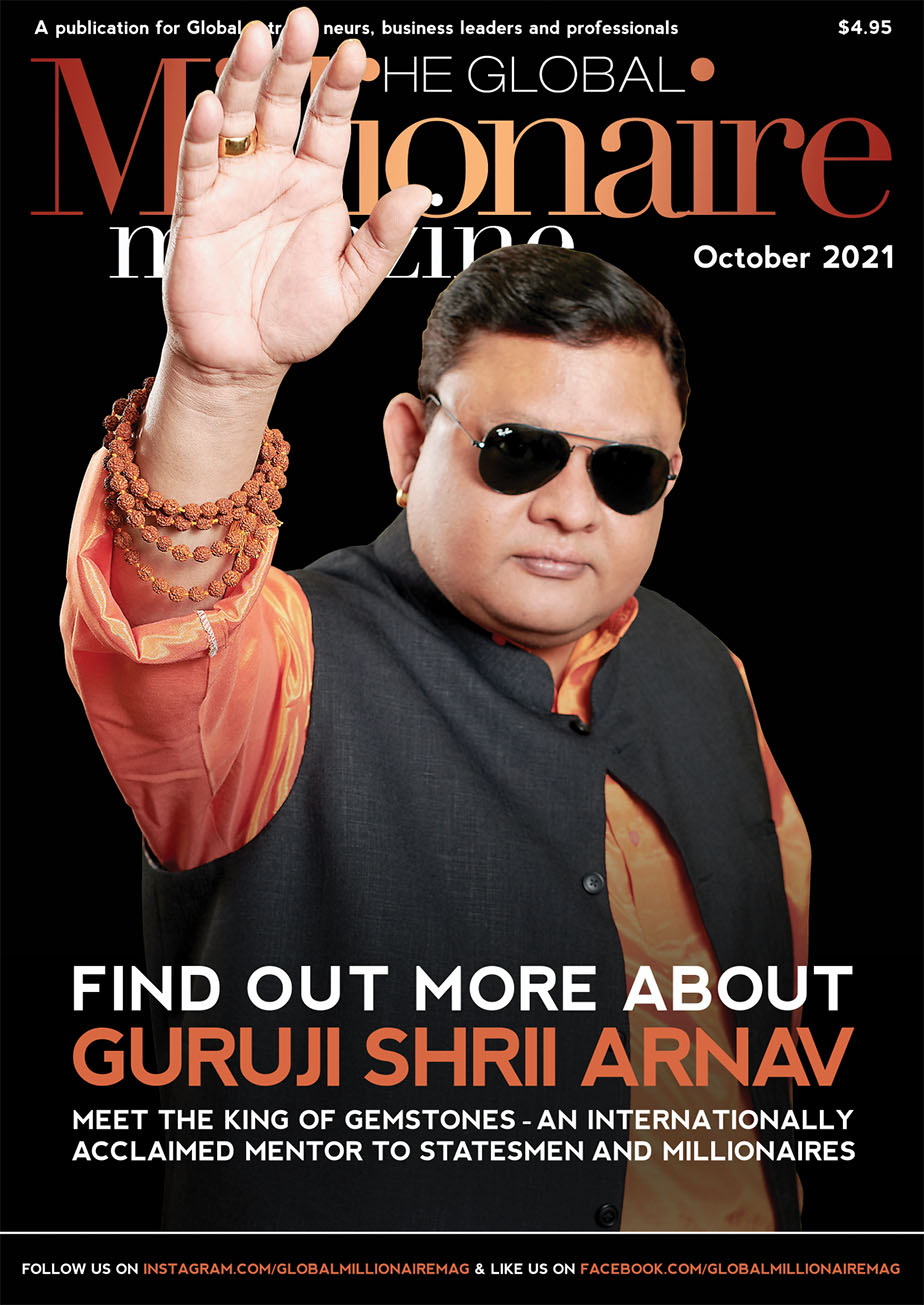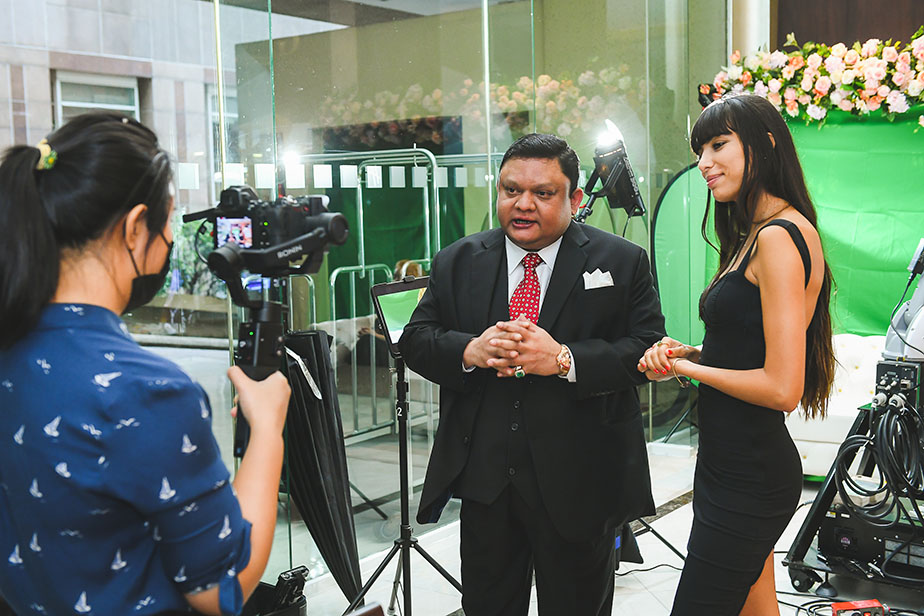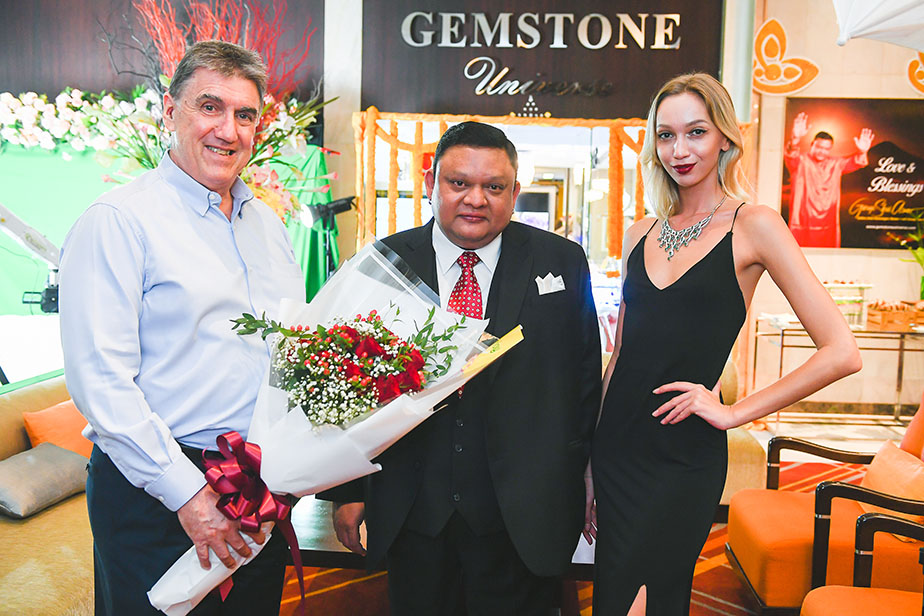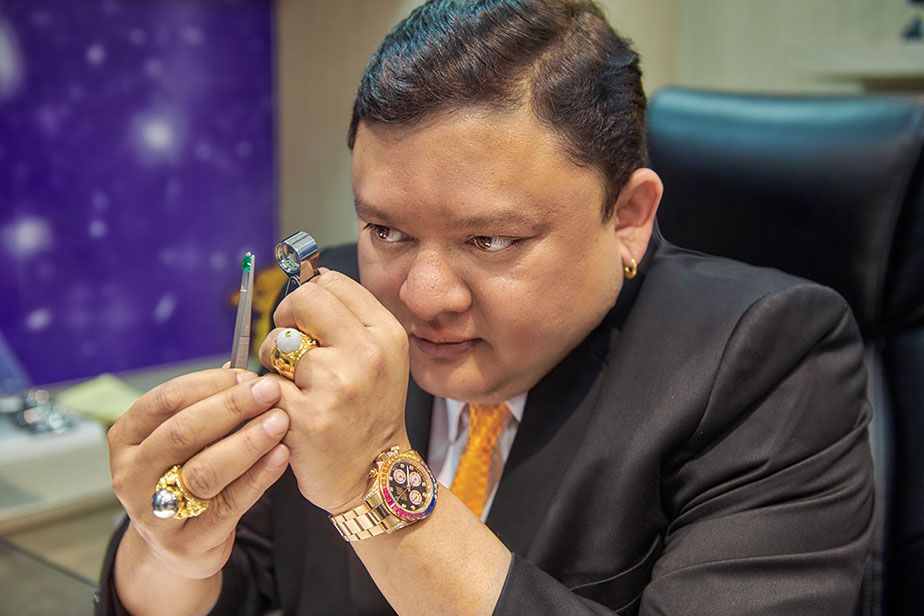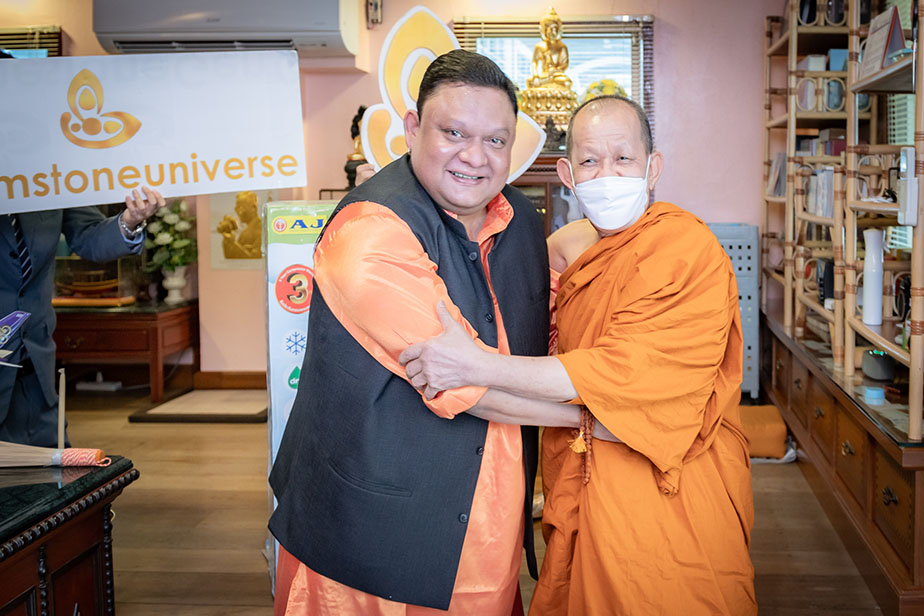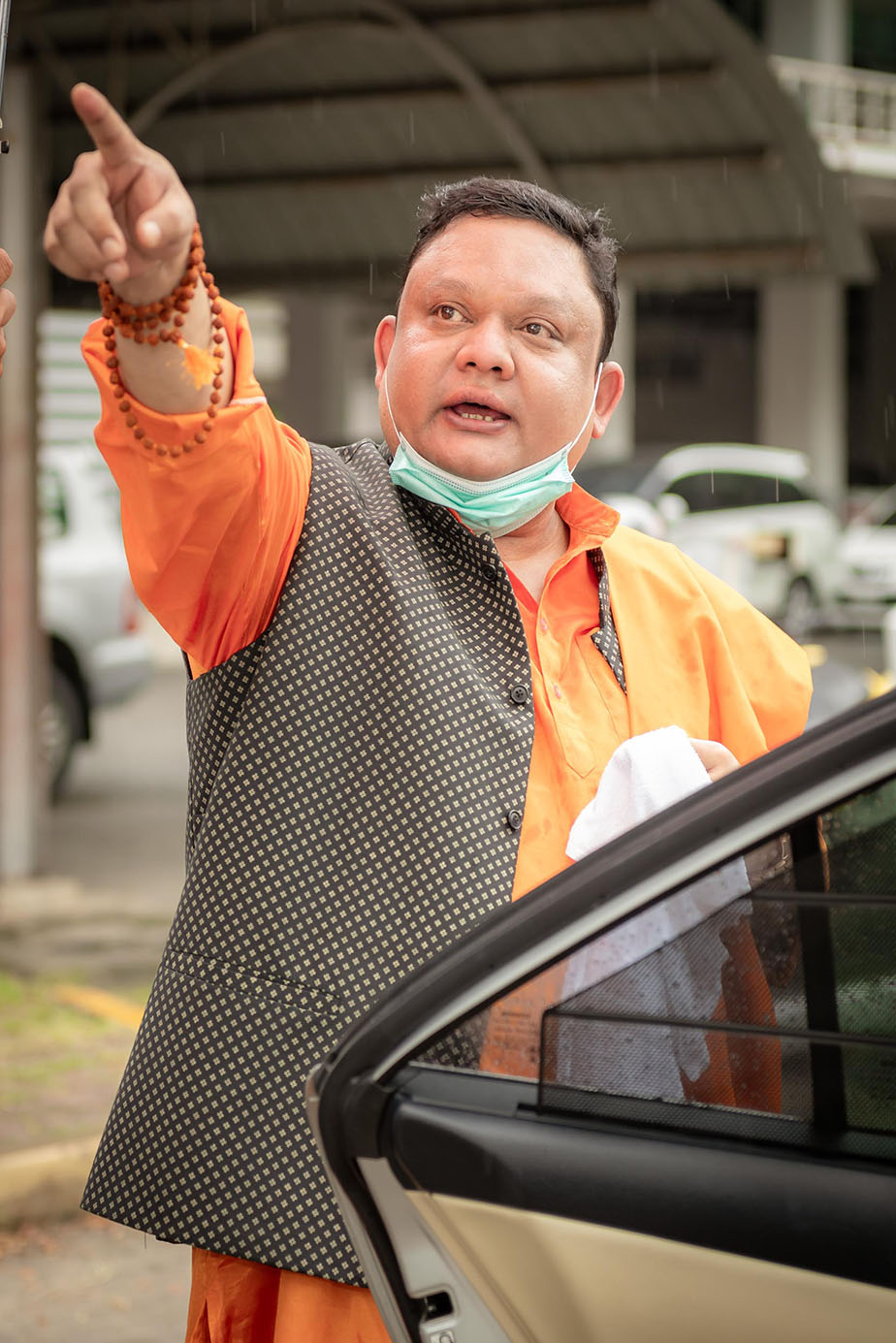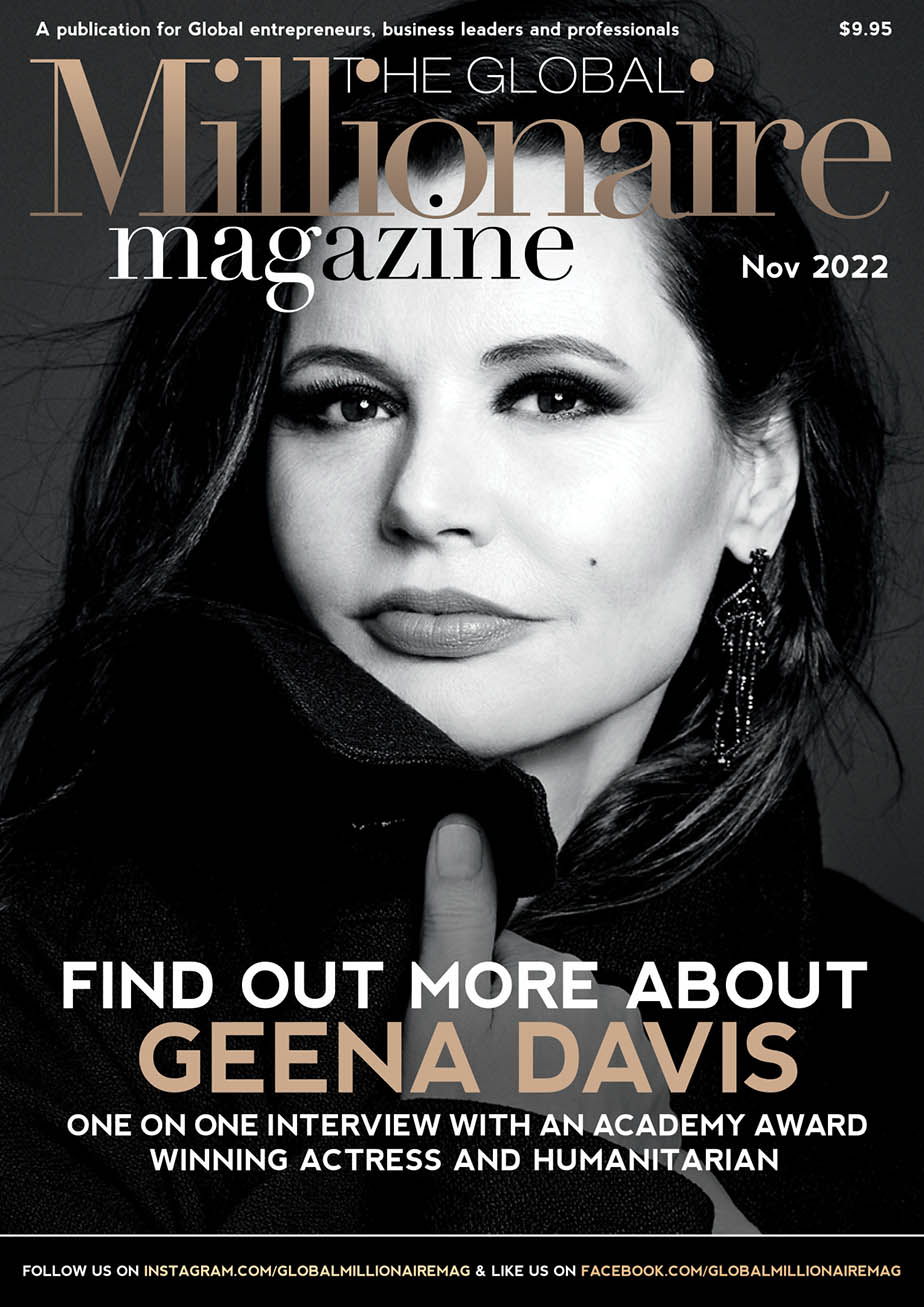
Download Now
By Allison Kugel
Academy Award-winning actress Geena Davis has spent decades breaking down barriers for women with powerfully resonating on-screen portrayals transcending entertainment and inspiring seismic cultural shifts in how women are viewed in art and real life.
Davis made her feature film debut starring opposite Dustin Hoffman in the classic 1982 classic comedy Tootsie, and she went on to star in such films including The Fly, Beetlejuice, The Accidental Tourist, Thelma & Louise, Hero, The Long Kiss Goodnight, Stuart Little, and A League of Their Own.
From the quirky and offbeat dog trainer Muriel Pritchett in Lawrence Kasdan’s The Accidental Tourist, for which she won the Academy Award for Best Supporting Actress, to her Academy Award-nominated and Golden Globe-nominated performance as Thelma in Ridley Scott’s Thelma & Louise alongside Susan Sarandon, to leading the cast of Penny Marshall’s A League of Their Own opposite Tom Hanks; Geena Davis has portrayed characters who claim their own narrative and make us reimagine womanhood. Geena Davis’s roles have remained evergreen in their ability to reflect the human condition, brilliantly, long after their release.
In 2019 Davis was honored with a second Oscar trophy, this time the Academy’s Jean Hersholt Humanitarian Award, in recognition of her work over the decades to achieve gender parity onscreen in film and television.
Ahead of her time, Davis also earned the 2006 Golden Globe Award for Best Performance by an Actress in a Television Dramatic Series for her portrayal of the first female President of the United States in the ABC television series Commander in Chief.
Geena Davis is the archetype fearless female who gets it done. Yet, to speak with her is to witness a soft-spoken and centered human being who draws you into her space with carefully cultivated wisdom that doesn’t need to shout to be heard. A world-class athlete (at one time the nation’s 13th-ranked archer) and a member of Mensa, most recently, she is recognized for her tireless advocacy of women and girls nearly as much as for her acting accomplishments. Davis is the Founder and Chair of the Geena Davis Institute on Gender in Media, which engages film and television creators to dramatically increase the percentage of female characters — and reduce gender stereotyping — in media made for children 11 and under.
Allison Kugel: What are the three major life events that shaped the human being you are today?
Geena Davis: The first one would be having the parents that I did. Both of them were great, but particularly, my dad was very encouraging in a subtle way. Whenever he was doing something, like working on the car, shingling the roof, or whatever, it was he who would have me come along with him just as a matter of course. I grew up feeling like there wasn’t anything I wasn’t supposed to do, and also feeling very capable, which I’ve taken into my life. Another one would be getting to work with Susan Sarandon. She had the most impact on any person in my life, because I’d never really spent time with a woman who moves through the world the way she does. It sounds crazy to be 33 years old at the time and first experiencing a woman like that, but I really had previously never met a woman who didn’t preface everything with, “Well, I don’t know what you will think, and this is probably a stupid idea, but…”
Allison Kugel: Really? Interesting…
Geena Davis: Yes. She just lived her life and said, “This is what I think.” To have three months of exposure to that was amazing. And obviously, the third biggest impact on my life was becoming a mother.
Allison Kugel: Same here! I want to ask you, regarding Susan Sarandon, when you watched her move with such confidence, and I’m assuming this was on the Thelma & Louise set, how was she received by male co-stars, producers, writers, the film’s director (Ridley Scott)?
Geena Davis: As completely normal, which was also stunning to me. The way I was raised was to be extremely polite, to a fault. I was sort of trained not to ask for things and not to be any trouble to anybody, but she obviously wasn’t (laughs), so she just said things the way she wanted to say them, like, “Let’s cut this line,” or “Let’s do it this way,” or “This is what I would like to do.” There wasn’t any reaction whatsoever from anybody of, like, “Wow!,” partly because she didn’t present herself as combative. She was always just like, “This is what I want. This is what I like. This is what I think.”
Allison Kugel: I love it, and I love the fact that you said your dad didn’t place any limitations on you. Do you have brothers?
Geena Davis: I do. I have an older brother and he, of course, did all of that stuff as well with my dad, but I did it too! My dad didn’t seem to have the impression that I should just be learning stuff that my mom would teach me. It was very natural for him to include me in everything.
Allison Kugel: That is pretty awesome. To unpack your third major life event, motherhood, did you feel instantly reborn when you had your first child, or was it more of a subtle shift for you?
Geena Davis: I don’t know that I would say I felt reborn, but it certainly changes your life dramatically. I had my daughter first and very clearly started seeing the world through her eyes, and it has just been magical.
Allison Kugel: I want to talk about the Oscars and your Best Supporting Actress Oscar win for The Accidental Tourist. I think so many actors, and especially actresses, see an Oscar win as their ticket to being treated as an equal in the film industry. Like, if you get that gold statue, you are now an equal and you are going to be treated with a certain level of reverence and respect, and you are going to get substantial roles and you can exhale and just relax. Was that your experience, where you felt like, “Okay, I’ve arrived.”? Or did you still feel like you had more to prove?
Geena Davis: Well, I didn’t ever think, “This is my magic ticket to…”
Allison Kugel: Equality (laugh)?
Geena Davis: Doing everything I want to do, or like now I was at the top of the A-list, or anything like that. I didn’t think of it that way, but I did unexpectedly feel a tremendous feeling of having accomplished something. I thought, “Well, I got that out of the way. I never have to wonder if I’m going to get one of these things.”
Allison Kugel: They didn’t have the term “bucket list” at the time, but I hear you.
Geena Davis: Absolutely. I thought, “Well, I got this out of the way early. That’s cool.”
Allison Kugel: Very cool! I know, philosophically and humanly speaking, we can all fall into this mindset of, “When I get this, I’ll be happy.” Whether it’s getting married, winning an award, making a certain amount of money, becoming a parent; whatever it is for people. Are you one of those people that sees life that way, or do you believe in the journey as opposed to the destination?
Geena Davis: I’m more of a journeyperson. I haven’t, in my life, been clamoring for the next thing that will make me fulfilled. I get a lot of fulfillment from what I do and just living my life. Speaking of winning the Oscar, does it change how people see you and everything? I had two directors, after I won the Oscar, who I had a rocky start with, because they assumed that I was going to think I was all that, and they wanted to make sure that I didn’t feel like I was all that. Without having met me or having spent any time with me or anything, they just assumed I was going to be like, “Well, now no one is going to tell me what to do.”
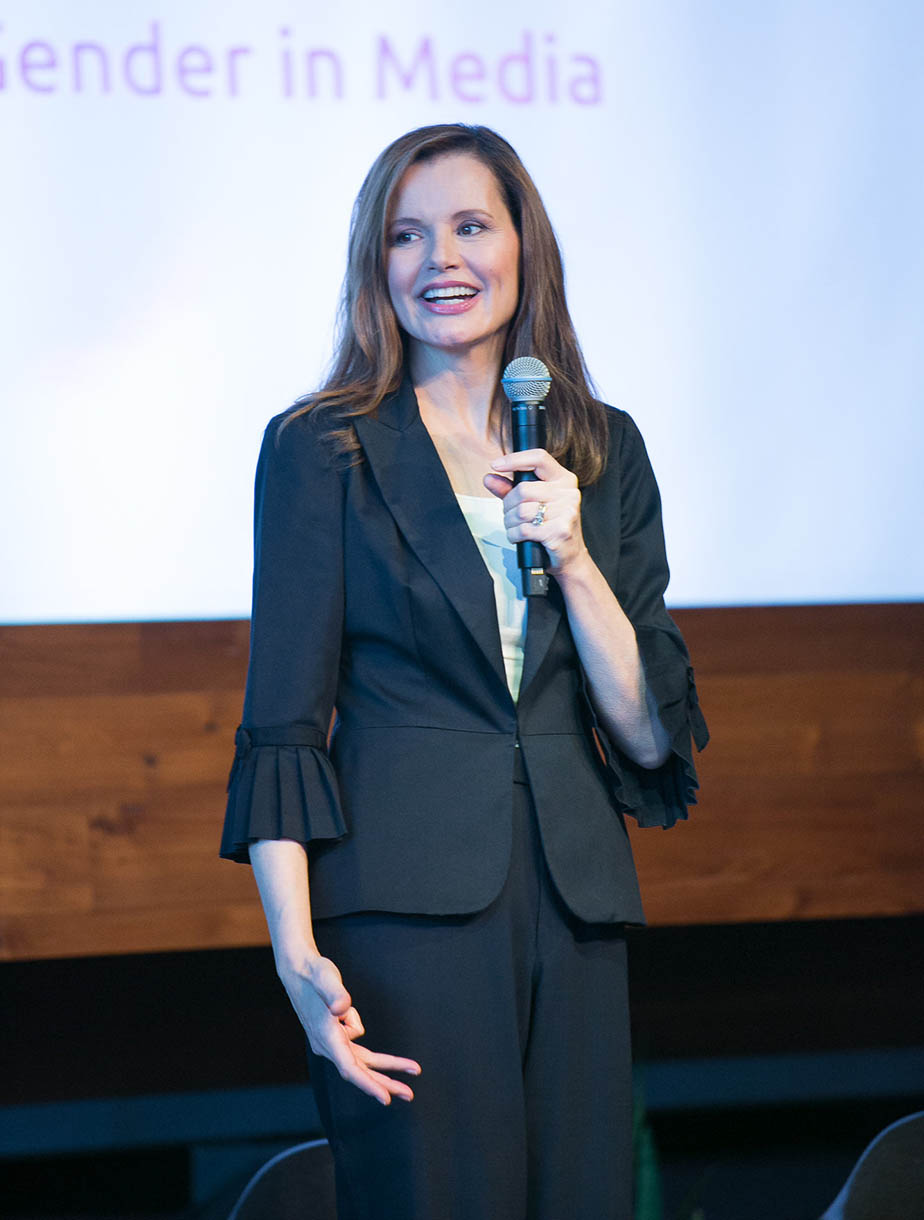
Allison Kugel: You kind of had to go out of your way to let people know you were down to earth.
Geena Davis: I just am.
Allison Kugel: I don’t think a male actor would have had to prove he is still nice and cooperative, and down to earth.
Geena Davis: Yes, and I think maybe because I was a woman, that the directors felt that way. And maybe it was even unconscious bias that they would maybe do it to a woman and not a man. But they didn’t want a woman to potentially cause them any problems. They wanted to make sure I knew my place, and maybe you’re right, it probably wouldn’t happen to a man.
Allison Kugel: We already talked about working with Susan Sarandon, but generally speaking, what did doing the film Thelma & Louise, and its subsequent success, do for you, both as an actor and as a woman?
Geena Davis: I had read the script for Thelma & Louise after it had already been cast. I thought, “Oh my God! This is the best script I’ve ever read. I wish I could be in it.” I ended up having a year-long pursuit for the role, because Ridley Scott was only the producer at that time, and different directors and different pairings of ‘Thelmas’ and ‘Louises’ were coming together and falling apart, and so for a year my agent called at least once a week to say, “Just so you know, Geena is still available. She’s still interested.” Then when [Ridley Scott] decided he was going to direct it, he immediately said, “Yes. Okay sure, I’ll meet with her,” and I convinced him somehow or another (laugh).
Allison Kugel: Way to play hard to get Geena (laugh).
Geena Davis: (Laughs)
Allison Kugel: Let’s talk about male and female pairings in film. Normally, it’s very common to have a 50-year-old or even a 60-year-old leading man opposite a 30-year-old leading lady. That’s just kind of been the norm, although there are a few exceptions, and that is what our eyes are used to seeing. I know that kind of sucks, but how do you feel when an older woman is cast opposite a younger man? Do you see that as a win for more mature actresses?
Geena Davis: Let’s see… in Thelma & Louise they cast Brad Pitt to be my sort of…. love interest, and it wasn’t actually because he was younger. They didn’t purposely try to cast someone younger than me. He just gave the best audition and he was the best choice. But I thought that was pretty cool. He’s only, like, seven years younger than me, but I thought that was quite cool that they did that.
Allison Kugel: We are all a bit societally conditioned to look at it sideways if the man and woman on screen are exactly the same age. If you put a leading man who is 50 with a leading woman who is 50 or even 45, I feel like that would almost look odd to us, the audience, because we are so brainwashed.
Geena Davis: It’s very strange and so prevalent. A certain male actor that was making a movie said that I was too old to be his romantic interest, and I was 20 years younger than him. You know what it is? Women peak in their 20s and 30s, and men peak in their 40s and 50s as far as actors go. So the male stars of the movies want to appear to be younger than they are, or they want to appeal to younger people, so they always want a co-star who is really young. I guess it’s to make them seem whatever, but that is why that happens and that is why women don’t get cast very much after 40 and 50. It is because they are felt to be too old to be a romantic interest.
Allison Kugel: Tell me what inspired you to create the Geena Davis Institute on Gender and Media. Was it one thing or many things?
Geena Davis: It was one very specific thing. I had my awareness raised about how women are represented in Hollywood in Thelma & Louise, and seeing the reaction. It was so extreme if people recognized us on the street, or wherever, and it made me realize that we really give woman so few opportunities to feel like this after watching a movie, to identify with the female character or characters and live vicariously through them. I decided I was going to pay attention to this and try to choose roles that make women feel good. So I had a very heightened awareness of all of this, and then when my daughter was two, I sat down and watched pre-school shows and G-rated videos with her, and from the first thing I watched I immediately noticed there were far more male characters than female characters in a pre-school show. I thought, “Wait a minute, this is the 21st Century. How could we be showing kids an imbalanced world?” I saw it everywhere, in movies, on TV. I didn’t intend at that moment to launch an institute about it, but I found that no one else in Hollywood seemed to recognize what I saw. I talked to lots and lots of creators who said, “No, no, no. That’s not a problem anymore. It’s been fixed.” That’s when I decided I’m going to gather the data because I think I’m really right here. I’m going to get the data and I’m going to go directly to the creators of children’s content and share it with them privately because I know this is unconscious bias at this point. So that is what we did, and that is what we have continued to do.
Allison Kugel: Did you think back in 1991, after the success of Thelma & Louise and the overwhelmingly positive feedback you received, that the barn door was blown open and you would see many more female driven stories now? I remember when the movie Bridesmaids came out several years ago, and it was that same feeling once again of “this is it!” Universal didn’t even want to make Bridesmaids at first. It wasn’t until the success of the movie that they thought, “okay, maybe we’ll make another one.” You know what I mean?
Geena Davis: Oh gosh, yes. What happened was, when it really took off and struck a nerve, the press, as one united body said, “This will change everything.” That was all the headlines. “Now everything is going to change. So many more movies starring women and blah, blah, blah…” I thought, “Hot dog! I’m going to sit here and wait for this to happen.” Then my very next movie was A League of Their Own, and a similar thing happened where all the press said, “This changes everything. Now we are going to see women in sports movies.” It was a very big hit. I’m thinking “Okay. Here is me being able to change the world!” (Laugh) or being part of movies that will change everything, and it profoundly did not happen. Then I started to notice every four years or so a movie would come out where they would say, “This one is going to change everything.” Like First Wives Club was very big where they said, “This changes everything. Now we’re going to see movies starring 50-year-old women left and right.”
Allison Kugel: And then… it didn’t happen (laugh).
Geena Davis: It didn’t happen, but I remember reading about when Bridesmaids came out, and the thought before it ever came out was if this fails it will destroy movies for women (laugh).
Allison Kugel: Damn, no pressure.
Geena Davis: No pressure. And thankfully it was a giant hit, but that still didn’t fix anything at all. People in Hollywood are still resistant to the idea, even though they know my institute found in 2017 or 2018 that movies starring women made more money than movies starring men. It’s been blockbuster after blockbuster starring women, and it’s about time to get with the program.
Allison Kugel: Yes, seriously. Tell me how you are getting your organization’s data into the right hands? You’re gathering what I would call evidence-based information, so it’s not just anecdotal evidence. You’re getting science backed, evidence-based information and data. How are you going about getting that into the right hands?
Geena Davis: My thoughts from the beginning was since I’m in the industry I can get meetings with all the people I want to share this with so that I didn’t have to try to influence the public to rise up and demand this. I could go in a very friendly way privately with my colleagues and share information with them. The universal reaction when people first hear it is, they are stunned. Their jaws are on the ground, and they cannot believe it, especially the people that make kids’ entertainment. They can’t believe they weren’t doing right by girls. The combination of seeing the data proved that there is a big problem, and then realizing they want to do right by kids has been the magic formula in creating change, which is very exciting.
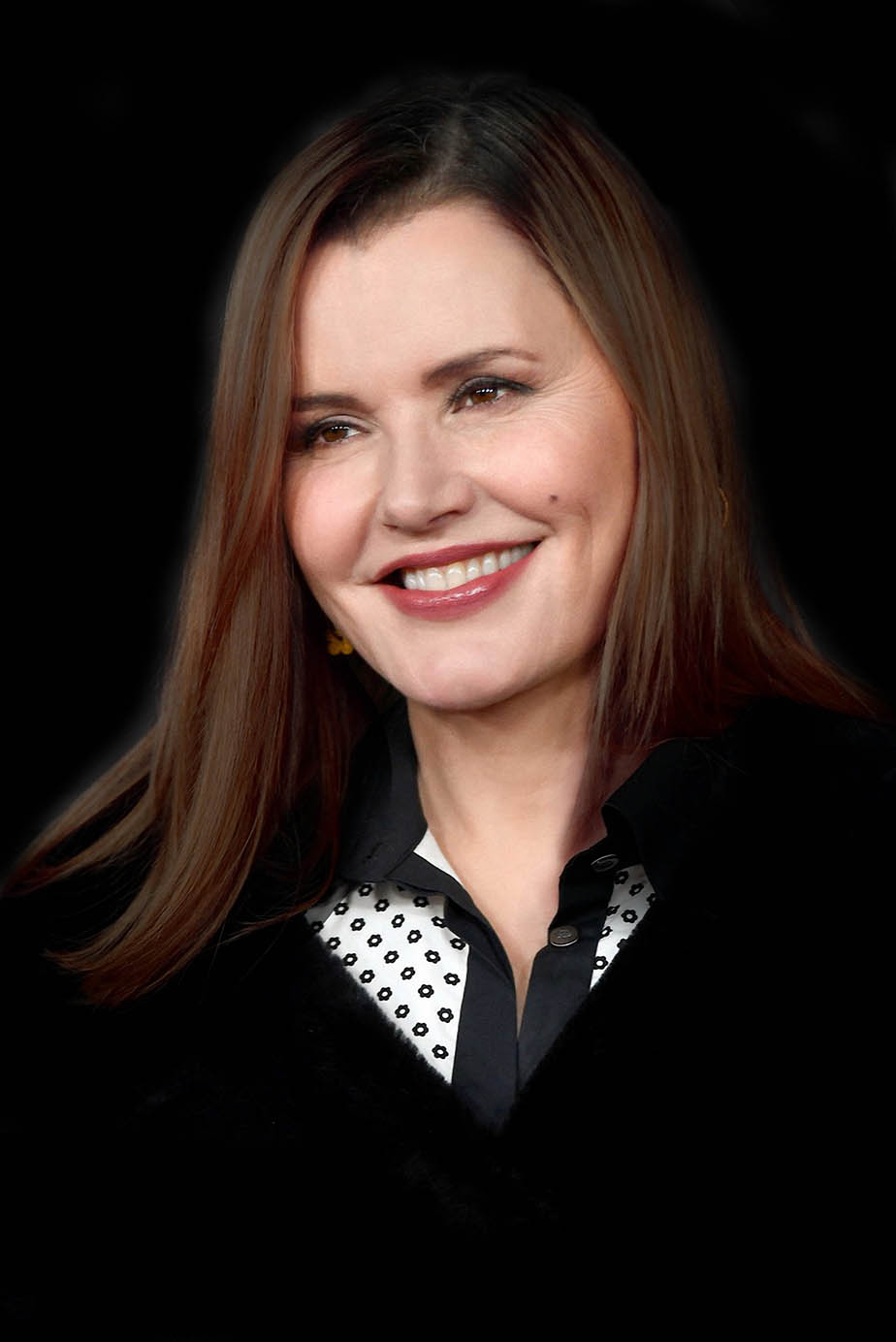
Allison Kugel: When I was watching a lot of children’s programming with my son, who is now 12, I definitely saw an interesting progression in content. Everything from the way girls are presented to the way interracial families are presented, to LGBTQ+ characters on television. There is so much stuff that is being worked into the content to make a new generation of kids really open to the concept of equality and inclusiveness.
Geena Davis: There definitely is. In fact, we have met one of our goals which was to get more female leads in entertainment made for children and families. We have achieved that. In fact, we have achieved one of our goals, which was to get more female lead characters in children’s and family television programming and movies. Just last year we did reach that milestone of being 50/50 in male female in both of those medias so yeah, we are very thrilled about that. We have other goals but that is a big change because in the first study we did way back in the beginning female characters where…. Female leads were 11 percent at that time and now it is 50 percent.
Allison Kugel: You told me you were raised to be extremely polite, but yet there is an interesting dichotomy there. You were raised with what I call “the disease of politeness” that girls in my generation and your generation, we were kind of infused with it. But at the same time you were also raised by your father who was quite inclusive with a lot of things that were traditionally male. In what ways are you raising your daughter similarly to how you were raised, and in what ways you are raising her differently from how you were raised?
Geena Davis: Well, it’s all been quite different. She was just born the way she is, which is very self-confident and poised. I tell her, “I will never be as poised as you are.” I wanted to be her popular culture literacy educator. That is why I started the whole institute, was because I realized when I first saw that first television program I thought, “Oh no. Kids are being raised from minute one to accept that men and boys are more important than woman and girls. I can’t prevent her from growing up knowing that woman are thought of as second class citizens, but I’ll do everything I can to change that for her.” With her and with my boys, I did the same thing. I always watched with them. whatever my boys were watching, like you did with your son, I could say, “Did you know that there is only one girl in that whole movie? Did you notice that?” Or, “Do you think girls can do what those boys are doing?” Or, “Why do you think she is wearing that if she is going to go rescue somebody? Don’t you think that’s strange?” They became very savvy. Then they started noticing things before I did. So that was great.
Allison Kugel: What is really cool is that they were actually interested in the questions you were asking and receptive to it. I would imagine that you raised your boys to be very conscious young men in terms of how to treat a woman and how to view women. Can you tell me a little about that?
Geena Davis: It’s not just for women that we need to show more women on screen. My goal is to have fictitious worlds reflect reality, which is ½ female and incredibly diverse; which is 40 percent people of color, 20 percent with different abilities. Forty percent are heavy body types, and the representation of people with different gender identities and all of that, it barely registers.
Allison Kugel: What is so interesting is that society kind of goes in a loop, right? You’ve got reality, then you have art, then you have people looking at art and then incorporating that into their reality. It’s like a circle. Think about how many people are influenced by television, film, music, and then that influences how they show up in our culture, which then shapes our “reality.”
Geena Davis: Oh, absolutely. You think these are just harmless pieces of entertainment, but they cause tremendous change that we have measured. FOX asked us to do a study on the Dana Scully character from X-Files to find out what impact she had on women going into STEM careers. We found that 58 percent of woman who are currently in STEM jobs named that character, specifically, as their inspiration to go into a STEM career. That’s just one character on one TV show. It’s really incredible.
Allison Kugel: Mind blowing.
Geena Davis: In 2012, girls’ participation in archery shot up 100 percent and it was because Brave and The Hunger Games both came out in the summer of 2012, and girls left the theater and bought a bow.
Allison Kugel: Let’s talk about the recent study, Women Over 50, The Right to Be Seen on Screen. Can you tell me a little bit about that study and how that is being presented to the entertainment industry, and what you hope to accomplish with it?.
Geena Davis: I hope to accomplish getting more jobs (laugh). You can tell that there are very few parts for women over 50, but we found that characters over 50 are 20 percent of characters on screen, so that is pretty low. How many people are over 50? But women are only a quarter of those characters. Woman over 50 are five percent of characters on screen in film and television. And those commonly cast as supporting characters and minor roles are less likely to be developed with an interest in characteristics or certainly to be romantic interests. We are using our same philosophy of working directly with the film studios and television networks to get them this information share it with them, and encourage them to make some changes. So I think this will be very impactful.
Allison Kugel: What has been the feedback?
Geena Davis: Great feedback, and again, people were surprised. They did not know it was unconscious bias, so we are looking to see some important change happen.
Learn more about the Geena Davis Institute on Gender in Media and get involved at seejane.org. Follow on Instagram @geenadavisorg.
Listen to the extended interview with Geena Davis on the Allison Interviews Podcast at Apple Podcasts or Spotify. Follow Allison Kugel on Instagram @theallisonkugel and at allisoninterviews.com.
